Posts by mira

Plants for Naturally Treating Arrhythmia
Generally, the heart beats between 60 and 80 times per minute. However, each person has their own normal heart rate; some hearts beat faster or slower than others. Arrhythmia occurs when there is irregularity in the heart's rhythm.
Arrhythmia, or irregular heartbeat, is a problem with the frequency or rhythm of the heart's beats. The heart can beat too fast, too slowly, or with an irregular rhythm.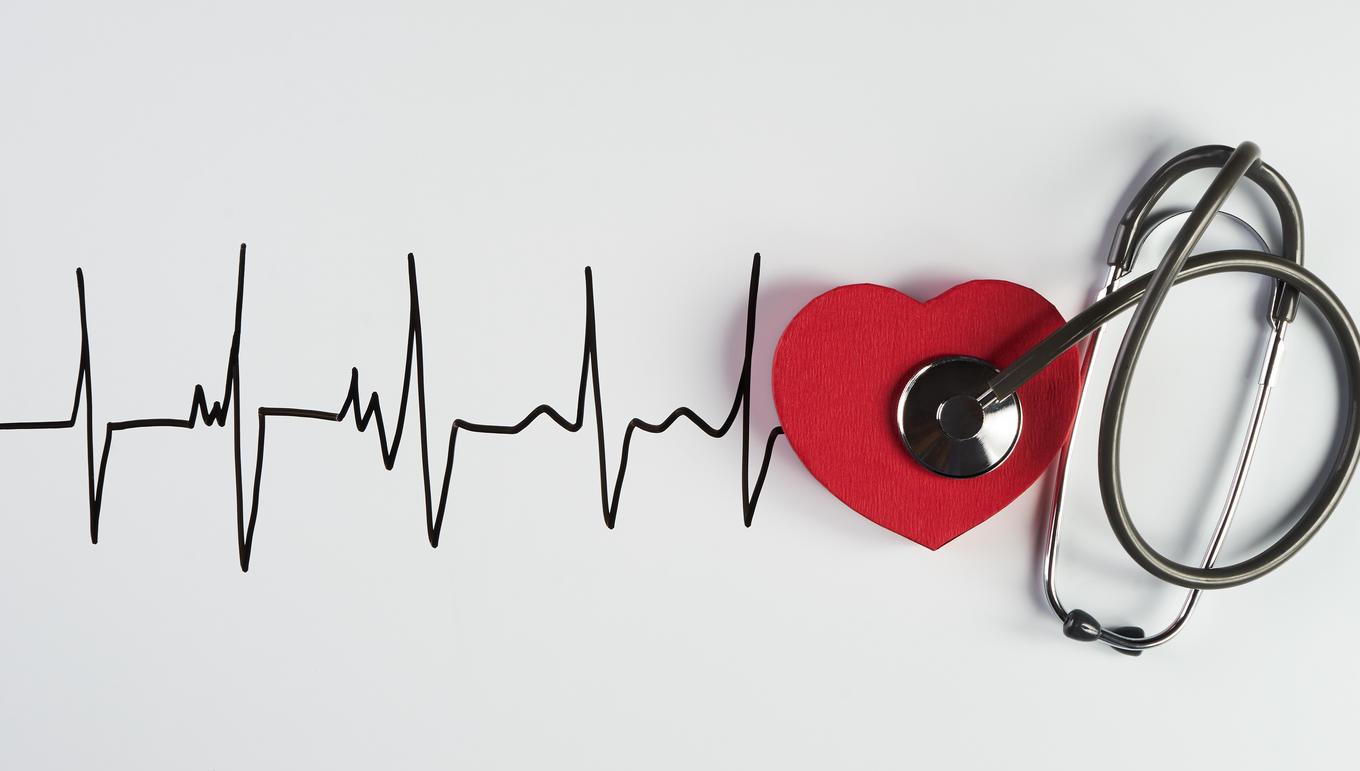
It is normal for the heart rate to increase during physical activity and slow down during rest or sleep. It is also normal to occasionally feel the heart skip a beat.
However, frequent irregular rhythms can indicate that your heart is not pumping enough blood through your body. You may experience dizziness, fainting, or other symptoms.
We have a highly effective natural treatment for curing arrhythmia.
Natural Treatment for Curing Arrhythmia
The natural treatment we offer for curing arrhythmia is entirely based on African herbs and barks.
Our natural remedy for arrhythmia consists of several herbal teas whose active ingredients promote the prevention of palpitations (rapid or irregular heartbeats), the dilation of arteries, and thus a sustained reduction in blood pressure.
Our herbal teas help eliminate the stiffness of blood vessels, making them more flexible.
Click on the image below to get it: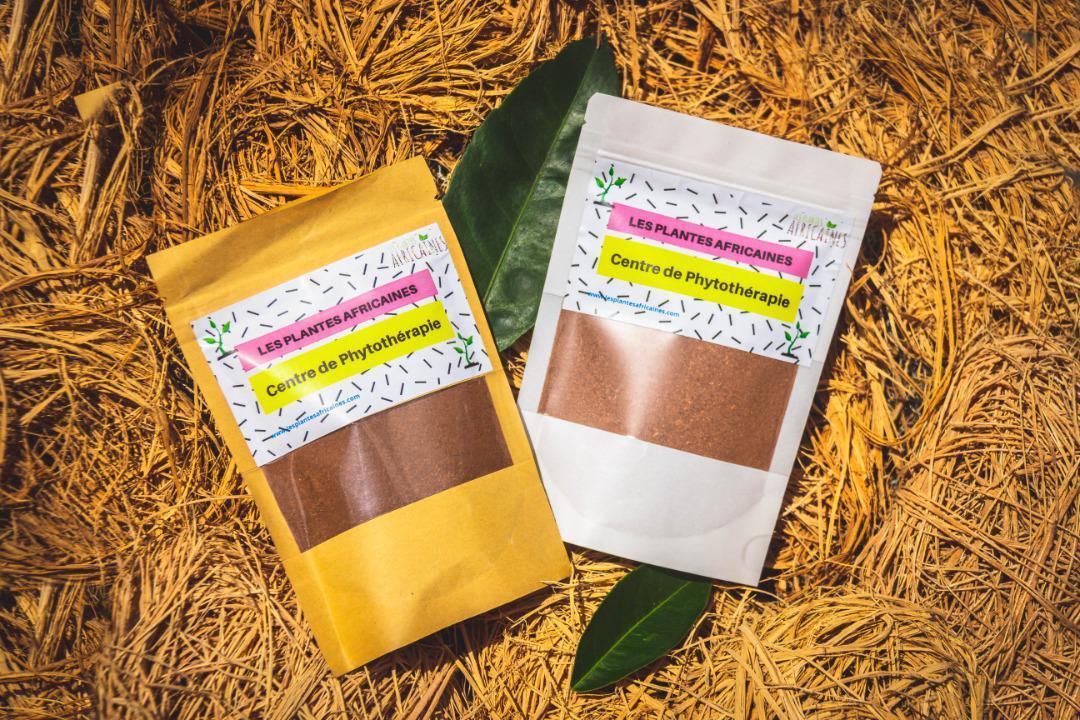
Order it and start the natural treatment for arrhythmia early. Support is provided throughout the entire treatment period. To contact us, click on the WhatsApp button in the lower right corner of your screen or call us at +229 62 79 67 67.
We are represented in all African countries and are active in Cameroon, Côte d'Ivoire, Mali, Senegal, Burkina Faso, Togo, Kenya, Nigeria, Gabon, Central African Republic, Benin, Chad, South Africa, Rwanda, Botswana, Uganda, Congo-Brazzaville, and Kinshasa. So, rest assured that you will receive your products immediately after placing your order.
Delivery is free worldwide.
Plants for Treating Arrhythmia
- Hawthorn
Hawthorn improves the contractions of heart muscles. It supports blood flow to the heart, stabilizes heart rhythm, and helps combat arrhythmias. As a result, it increases oxygen supply to the heart and improves cardiac output. Hawthorn is available in the form of tablets, extracts, or tea.
For hawthorn tea, finely chop 1 teaspoon of hawthorn leaves. Then, put them in a cup with hot boiled water and let them steep for 5 to 10 minutes. Drink the tea 3 times a day.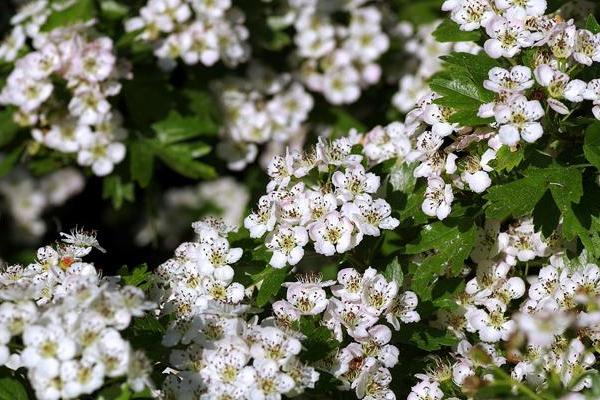
- Cinnamon
Cinnamon contains various nutrients that are particularly good for the heart. For example, potassium is an important component of cellular and bodily fluids and controls heart rate and blood pressure. Manganese and copper serve as important co-factors for the antioxidant enzyme superoxide dismutase.
In addition to being anti-inflammatory and soothing for heartburn, cinnamon is a super spice that helps control cholesterol and blood sugar levels. Consume it regularly.
Cinnamon also improves blood circulation, prevents excess "bad" LDL cholesterol, and lowers blood pressure. Cinnamon is a good ally against heart diseases.
Simply mix ½ teaspoon of cinnamon in a glass with hot water and drink it. Repeat the application for 2 days.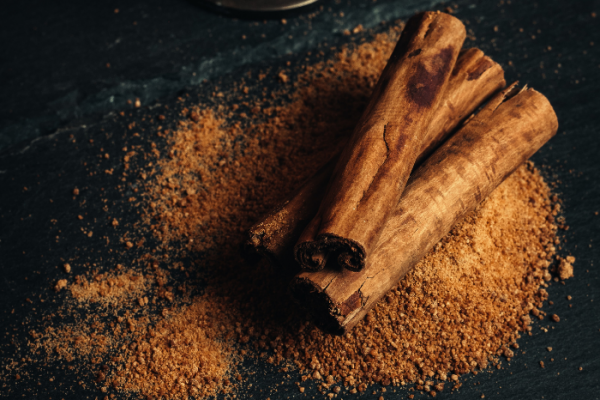
- Horehound (Marrubium vulgare)
This medicinal plant covered with hair grows in sunny uncultivated places, and from June to September, its aerial parts can be harvested for infusions (1 teaspoon of dried and crushed plant in a cup of boiling water) to reduce hypertension due to choline and potassium nitrate.
Although it is not famous for arrhythmias but for hypertension, the plant has been used successfully since ancient times and has a positive influence on arrhythmias.
Recommended preparation method: Infuse 1 to 2 teaspoons of dried herbs in 250 ml of boiling water for 15-20 minutes. Drink 2 to 3 cups a day, which has positive effects on heart rate regulation.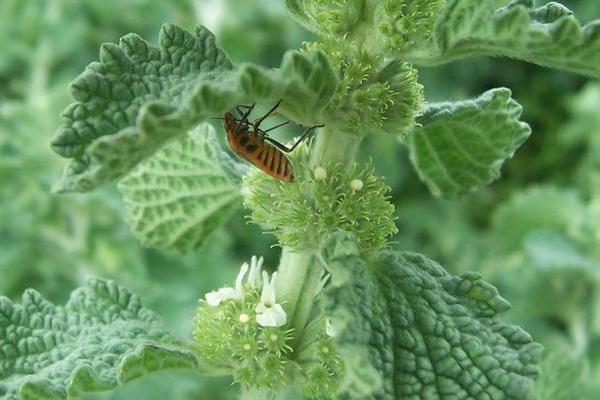
- Valerian
Valerian is recommended for palpitations in adults, in combination with other sedative (calming) herbs. Many substances have been isolated from this plant: valerenic acid, valerates, glutamine, etc. It is believed that these substances have a collective effect, as when administered separately, they do not seem to have any effect.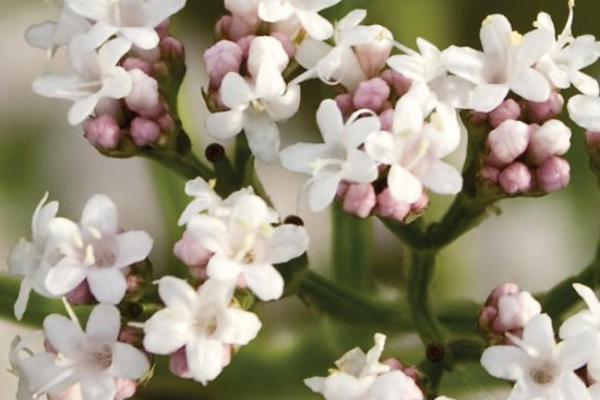
- Olive
Many studies indicate that olives and olive oil reduce cardiovascular risk. It also lowers blood pressure. Here, we are interested in the leaves. They contain flavonoids, triterpenes, and active compounds - secoiridoids - that are slightly hypotensive and hypolipidemic.
Olive leaf can stabilize early high blood pressure related to overweight or metabolic syndrome (overweight, diabetes, high triglycerides, and/or hypertension). In addition to dietary measures and resuming physical activity.
Preparation method: Add 30 g of leaves to a liter of boiling water for two to three minutes. Let it steep for ten minutes. Drink this tea throughout the day, in cycles of three weeks, with one-week breaks.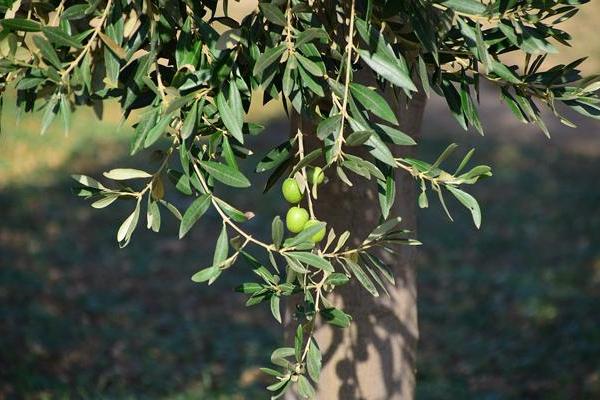
- Melissa
Melissa leaves contain anxiolytic rosmarinic acid and triterpenes, which are heart-tonic and antiarrhythmic. Thanks to these compounds, Melissa reduces stress and regulates heart rhythm. Since it calms the nervous system that controls intestinal contractions, it also has antispasmodic properties.
It is preferred in cases of palpitations accompanied by digestive spasms. On the other hand, hawthorn is chosen when tachycardia is associated with tremors, agitation, or menopause.
Preparation method: Place about fifteen leaves, dried or fresh, in one liter of boiling water. Let it steep for 15 minutes. Drink this herbal tea throughout the day. This tea is not very colorful but flavorful. Be cautious, as Melissa can interfere with thyroid function. It's better to be careful if you have thyroid problems.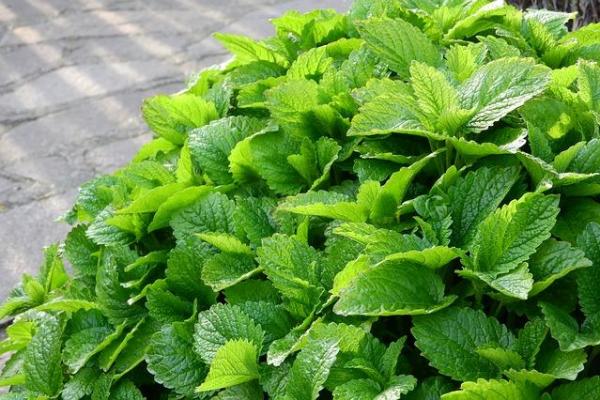
- Young Lemon Tree Shoots
The lemon tree prevents the formation of blood clots. It also promotes blood circulation in the arteries.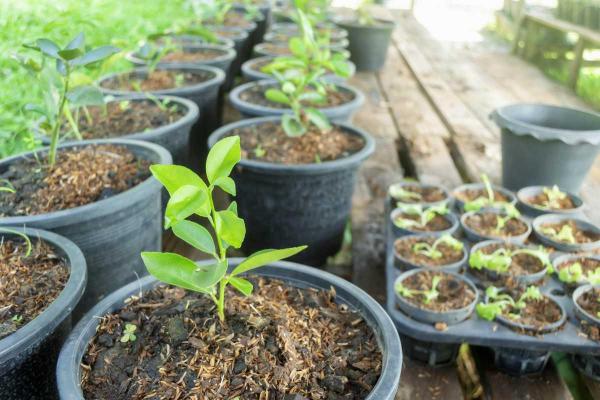
- Dogwood Bud
Dogwood maintains the flexibility of arteries and prevents the formation of blood clots. It can also prevent heart attacks.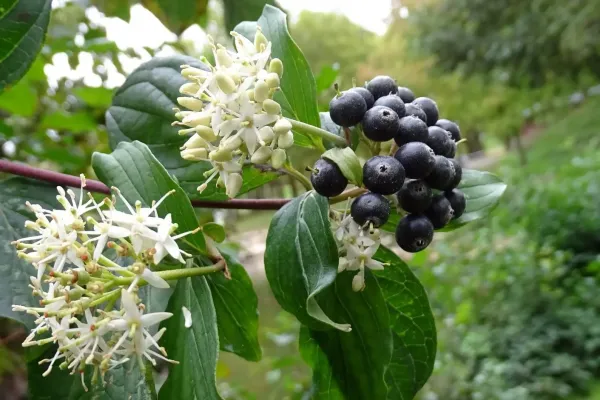
We have a highly effective natural remedy for curing arrhythmia.
Order it and start the natural treatment for arrhythmia early. Support is provided throughout the entire treatment period. To contact us, click on the WhatsApp button in the lower right corner of your screen or call us at +229 62 79 67 67.
We are represented in all African countries and are active in Cameroon, Côte d'Ivoire, Mali, Senegal, Burkina Faso, Togo, Kenya, Nigeria, Gabon, Central African Republic, Benin, Chad, South Africa, Rwanda, Botswana, Uganda, Congo-Brazzaville, and Kinshasa. So, rest assured that you will receive your products immediately after placing your order.
Delivery is free worldwide.
Heart-Healthy Foods
- Tomatoes
Tomatoes produce a secondary metabolite called lycopene. It is an antioxidant that reduces inflammation in the body. Antioxidants also have a powerful effect on lowering cholesterol levels (LDL), which is responsible for an increased risk of cardiovascular diseases. Foods rich in lycopene reduce LDL cholesterol levels and increase good cholesterol (HDL).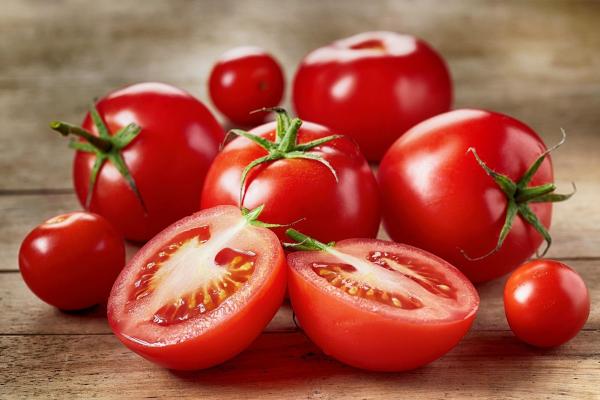
- Legumes
Legumes are superfoods! They not only regulate your blood sugar and ensure proper digestion but are also good for the heart.
Lentils, dry beans, chickpeas, and other legumes reduce blood pressure, cholesterol levels, and also help decrease inflammation in your body.
Try to include legumes in your diet at least four times a week.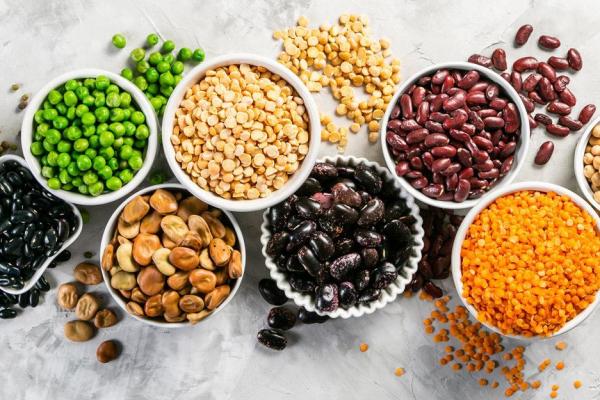
- Nuts
Nuts are a good source of micronutrients that are excellent for your heart and brain. Don't forget all the other types of nuts like hazelnuts, almonds, and cashews, which also have a protective effect. Eat a handful of nuts every day for a healthy heart.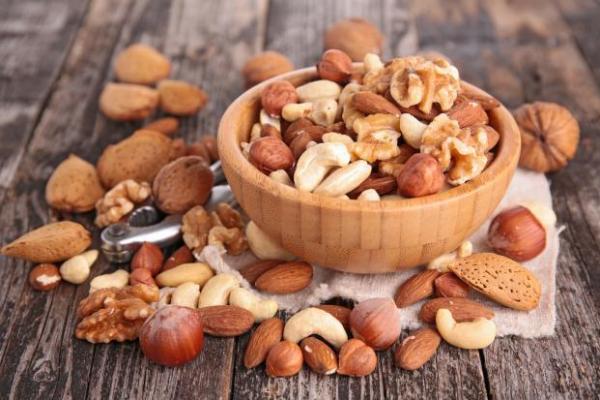
- Olive Oil
Olive oil is a staple of the Mediterranean diet, considered one of the healthiest foods. The antioxidants and monounsaturated fatty acids in olive oil protect your heart. Monounsaturated fatty acids have the ability to lower bad blood cholesterol levels. Prefer extra virgin olive oil from first cold-pressing.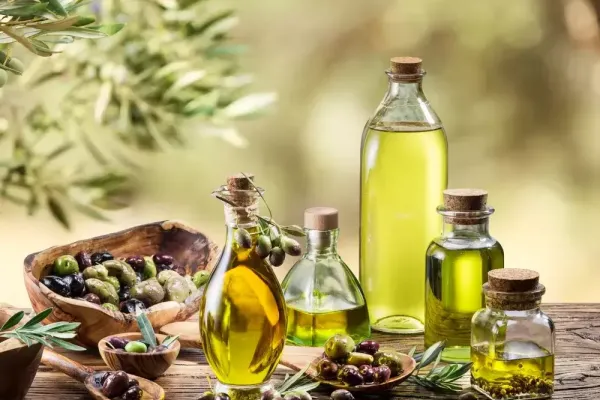
- Fruits
Fruits are among the best foods for the heart. They are rich in soluble fiber, vitamins, and antioxidants, which help regulate blood sugar and cholesterol levels in the blood. Among them, raspberries, blackberries, and passion fruit stand out due to their high concentration of heart-healthy molecules.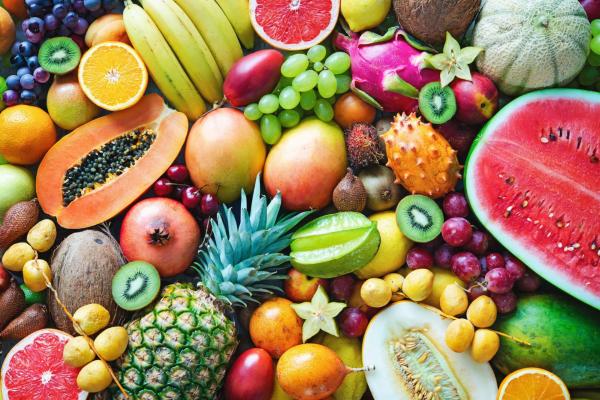
- Vegetables
Eating vegetables is good for your health, as we've known since childhood. But some vegetables are more recommended in a diet that prevents cardiovascular diseases. This is the case with legumes like lentils or chickpeas, which are a source of plant protein and important fibers.
Studies show that people who consume them in large quantities are better protected against heart risks. Would you like some delicious green lentil soup?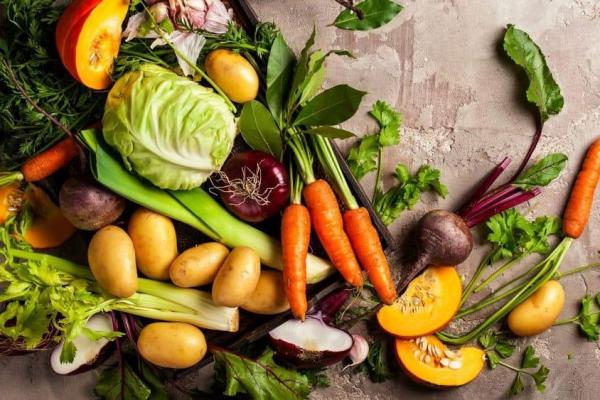
- Garlic
Garlic is an important element for a healthy heart diet. Allicin, present in garlic, lowers cholesterol and blood pressure. It also has positive effects in cases of atherosclerosis.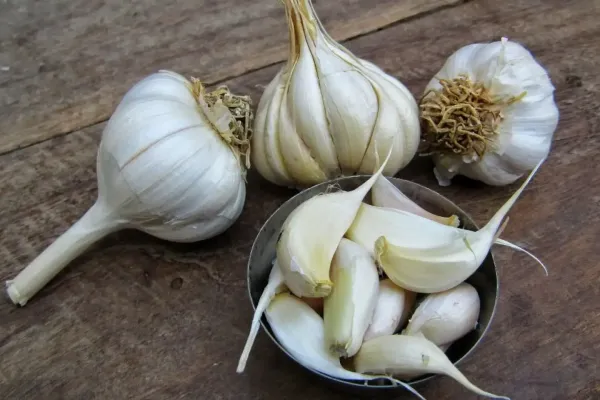
- Dark Chocolate
Dark chocolate has a high cocoa content and can protect your heart. Studies show that dark chocolate reduces the risk of hardening of the arteries. Of course, it's a matter of quantity. Try to consume it in moderation (about 15g), considering its high fat and sugar content.
The flavonoids and antioxidants in dark chocolate help stabilize blood pressure and reduce the oxidation of bad cholesterol that can attach to arterial walls. Dark chocolate is therefore among the good foods that help prevent cardiovascular diseases.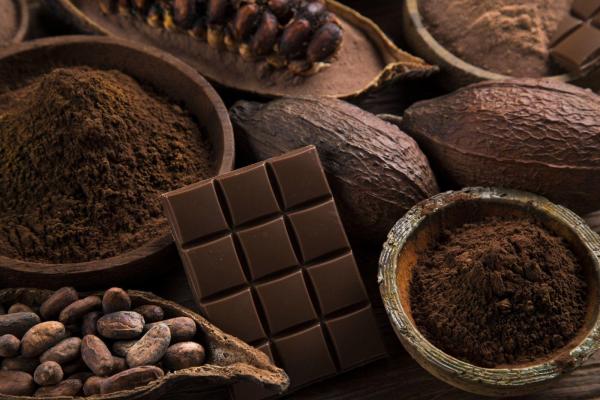
- Mackerel
Mackerel's exceptional omega-3 content makes it an essential ally for heart health. These fatty acids, especially those of marine origin, are believed to prevent cardiovascular diseases by acting on the elasticity of blood vessels, combating blood clot formation, and reducing blood triglyceride levels. To fully benefit from the attributed benefits of these fatty acids, it is advisable not to overcook them.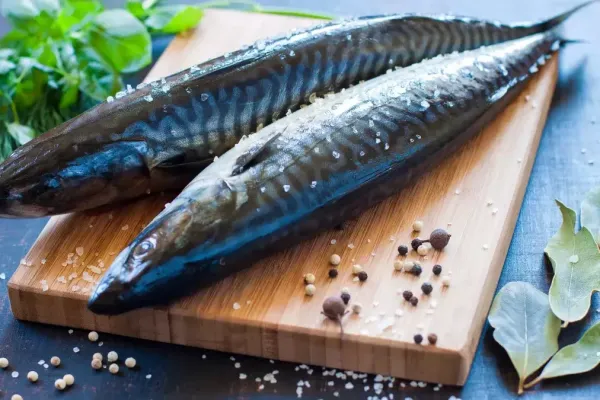
- Passion Fruit
A small tropical berry, passion fruit contains a large amount of soluble and insoluble fibers, especially in its peel and seeds. These have the property of reducing blood glucose and cholesterol levels, two factors that impact cardiovascular risk.
Moreover, passion fruit contains several antioxidants like cyanidin and lycopene, both beneficial for heart health. Research has shown that a diet supplemented with passion fruit peel extracts can help prevent hypertension, a significant risk factor for heart disorders.
We have a highly effective natural remedy for curing arrhythmia.
Order it and start the natural treatment for arrhythmia early. Support is provided throughout the entire treatment period. To contact us, click on the WhatsApp button in the lower right corner of your screen or call us at +229 62 79 67 67.
We are represented in all African countries and are active in Cameroon, Côte d'Ivoire, Mali, Senegal, Burkina Faso, Togo, Kenya, Nigeria, Gabon, Central African Republic, Benin, Chad, South Africa, Rwanda, Botswana, Uganda, Congo-Brazzaville, and Kinshasa. So, rest assured that you will receive your products immediately after placing your order.
Delivery is free worldwide.
- Chickpeas
Regular consumption of legumes has various beneficial effects, such as better diabetes control and a reduced risk of cardiovascular diseases.
However, chickpeas seem to stand out. Low in calories and with a low glycemic index, they possess antioxidant properties due to their copper and manganese content.
A study has shown that a diet containing chickpeas for 16 days led to a decrease in total cholesterol and LDL (the "bad" cholesterol) concentrations in the blood, compared to the control group.
The benefit of chickpeas lies in their low glycemic load, which, in turn, reduces blood sugar levels. We know that if blood sugar is too high, the risk of heart attacks or strokes increases.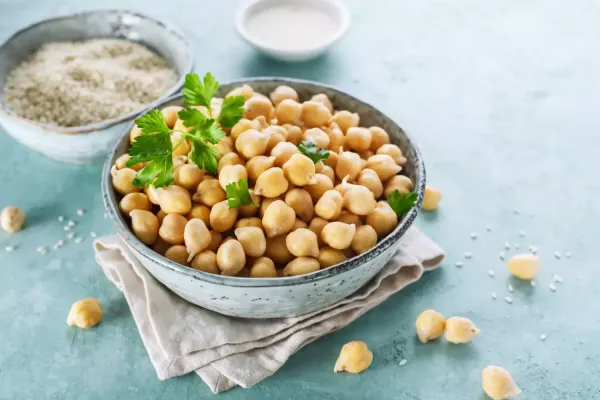
- Broccoli
Broccoli is rich in calcium and potassium. It helps maintain healthy bone mass and good blood pressure. Well-controlled blood pressure helps reduce the risk of stroke. This vegetable has many other properties, including protection against free radicals, memory loss, and cataracts, among others.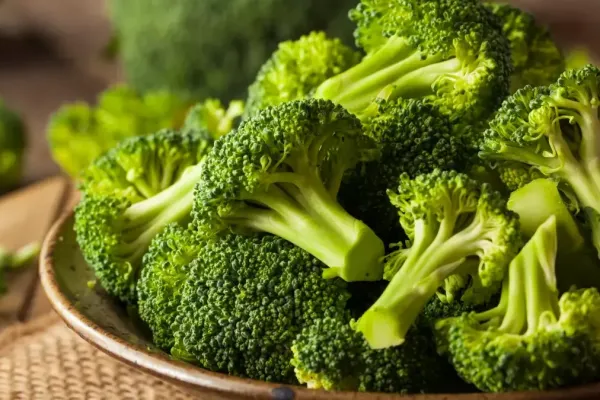
- Avocado
Avocado is a superfood that should be regularly included in your diet. It neutralizes bad cholesterol because it contains a lot of monounsaturated fat, which is good fat. It is rich in plant sterols, which help slow down the absorption of bad fat found in certain foods.
Avocado significantly contributes to reducing the risk of heart attacks by keeping the arteries free from bad fat.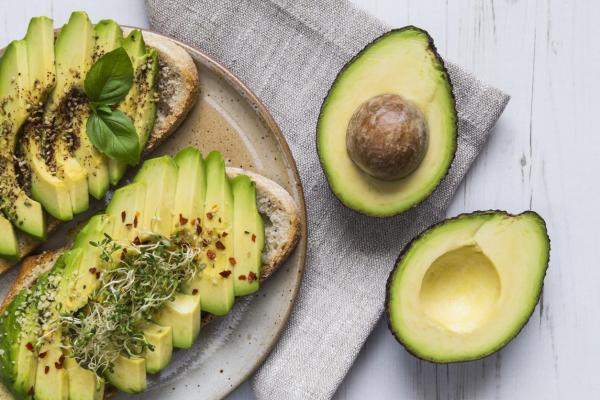
- Blueberries
Blueberries contain a very high amount of antioxidants. Antioxidants help protect the body against heart diseases, cancer, memory loss, and blindness. By thinning the blood, they increase the resistance of the cardiovascular system. To fully enjoy their benefits, be sure to eat them raw.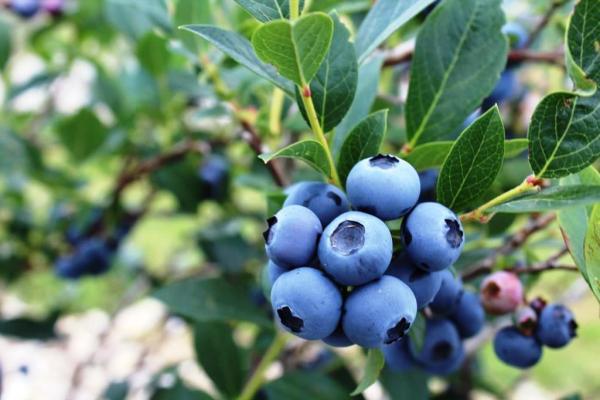
- Salmon
A significant source of good monounsaturated fats and omega-3, regular consumption of salmon helps control bad cholesterol in the arteries, thus promoting heart health.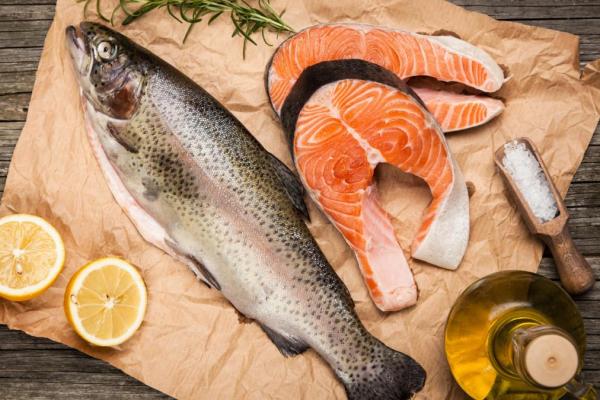
- Spinach
In addition to helping maintain good bone density, the concentration of magnesium, folate, and potassium makes spinach a protective food against the risk of stroke, as it helps stabilize blood pressure.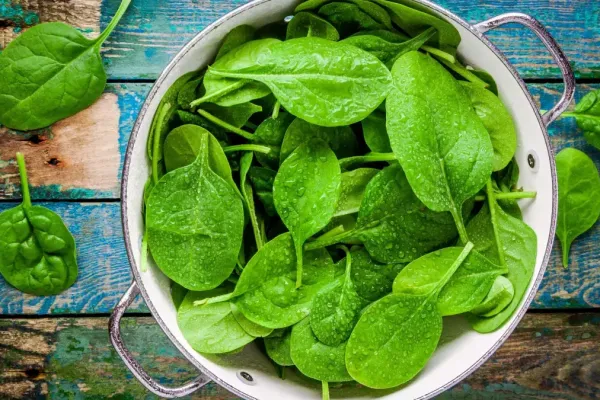
- Oats
Oats are a cereal containing a high amount of soluble fiber, which contributes to reducing cholesterol levels in the blood and blood pressure. Including oats in your diet helps maintain a healthy heart.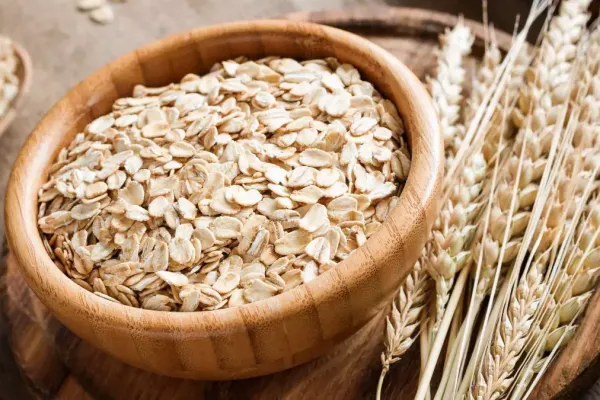
- Almonds
The benefits of almonds on cholesterol have been validated by numerous studies. Their phytosterol content effectively reduces the concentration of "bad" cholesterol (LDL) in the body. Excess LDL can deposit in the arteries and pose a risk of blockage.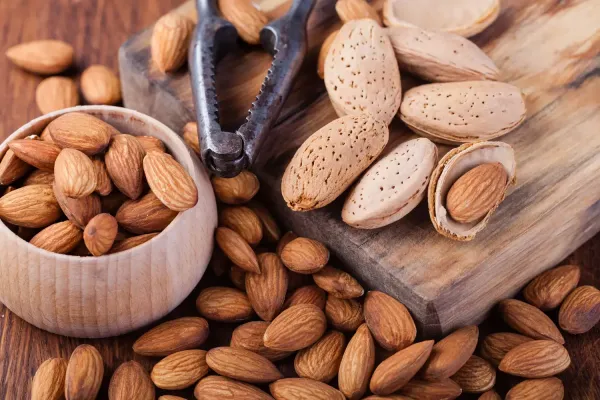
- Cherries
Cherries are among the fruits with the highest antioxidant content. These antioxidants have the ability to neutralize free radicals that damage the body's cells.
By thinning the blood, they increase the resilience of the cardiovascular system. To enjoy all their benefits, it's best to consume them raw.
- Honey
Honey is one of the most versatile natural remedies and an excellent preventive measure against various diseases. In cardiovascular diseases, it is recommended to use 1 tablespoon of honey 2-3 times a day.
Honey can be dissolved in water or consumed with fruits. Honey has a positive effect on the heart muscle, dilates blood vessels, and improves blood flow to the heart.
We have a highly effective natural remedy for curing arrhythmia.
Order it and start the natural treatment for arrhythmia early. Support is provided throughout the entire treatment period. To contact us, click on the WhatsApp button in the lower right corner of your screen or call us at +229 62 79 67 67.
We are represented in all African countries and are active in Cameroon, Côte d'Ivoire, Mali, Senegal, Burkina Faso, Togo, Kenya, Nigeria, Gabon, Central African Republic, Benin, Chad, South Africa, Rwanda, Botswana, Uganda, Congo-Brazzaville, and Kinshasa. So, rest assured that you will receive your products immediately after placing your order.
Delivery is free worldwide.
Tips for Taking Care of Your Heart
- Quit Smoking
Tobacco is the leading cause of preventable cardiovascular mortality. Smoking 3 to 4 cigarettes a day triples the relative risk of cardiovascular accidents.
- Maintain a Healthy Weight
The heart doesn't like extra pounds, especially when they accumulate around the waist. Waist circumference is much more relevant than body mass index (BMI) for assessing cardiovascular risk.
Be vigilant: a waist circumference greater than 88 cm in women and 102 cm in men indicates abdominal obesity.
- Engage in Regular Physical Activity
Remember that your heart is a muscle. The more you train it, the better it functions. Regular physical activity helps dilate the arteries, including the coronary arteries that supply oxygen to the heart.
So, at least 30 minutes of physical exercise every day and continuously are essential to maintain your heart. They will also help you avoid other enemies of your heart, such as high blood pressure, excess cholesterol, or diabetes.
So, seize every opportunity to move: walk, take the stairs, bike...
- Have a Healthy and Balanced Diet
A balanced diet, combined with regular physical activity, is a real source of pleasure and well-being. It helps you maintain a normal weight and, if necessary, lose weight; it also contributes to reducing "bad" cholesterol and fighting against diabetes. You reduce the risk of a heart attack accordingly.
At every stage of life, our diet should provide a caloric intake proportional to our energy expenditure. It should also be sufficiently varied and evenly distributed throughout the day to provide all the necessary elements for the proper functioning of our body.
A diversified diet should include at least one food item from each category every day. Water is the only essential drink, without moderation!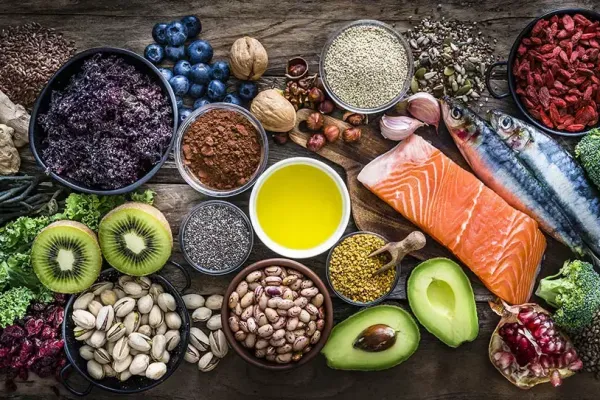
- Avoid Stress
Stress is one of the leading causes of heart attacks after smoking and cholesterol. It accelerates the heart rate, increases blood pressure, alters coagulation, encourages smoking, alcohol consumption, and eating more fat and sugar.
- Get Enough Sleep
If you sleep less than 6 hours a night, you double your risk of stroke and heart attack. If you sleep more than 8 hours a night, you double the risk of angina and increase the risk of coronary heart disease.
- Check Your Blood Pressure Every Year
Hypertension corresponds to too much blood pressure in the arteries. It prematurely tires the heart by imposing an overload of work on it and promotes the deposit of fat on the artery walls. Normal blood pressure should be below 140/90 (130/80 for diabetic hypertensive patients).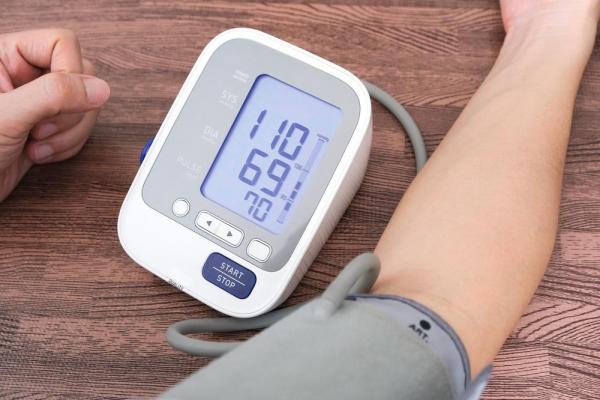
We have a highly effective natural remedy for curing arrhythmia.
Order it and start the natural treatment for arrhythmia early. Support is provided throughout the entire treatment period. To contact us, click on the WhatsApp button in the lower right corner of your screen or call us at +229 62 79 67 67.
We are represented in all African countries and are active in Cameroon, Côte d'Ivoire, Mali, Senegal, Burkina Faso, Togo, Kenya, Nigeria, Gabon, Central African Republic, Benin, Chad, South Africa, Rwanda, Botswana, Uganda, Congo-Brazzaville, and Kinshasa. So, rest assured that you will receive your products immediately after placing your order.
Delivery is free worldwide.
Symptoms of Arrhythmia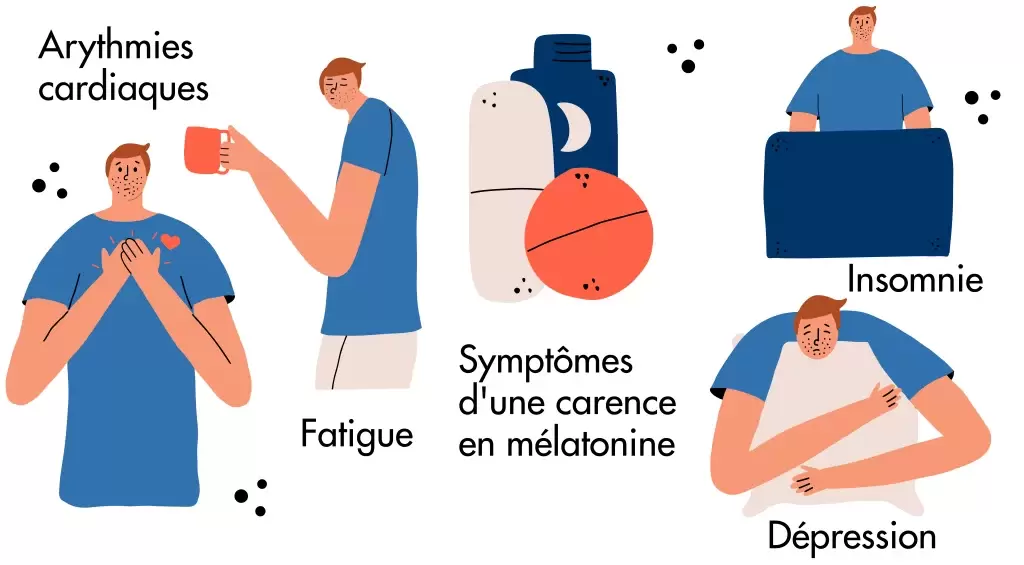
The symptoms of arrhythmia can vary depending on the severity of the arrhythmia, its underlying cause, and the person's overall health. Some individuals may experience only mild or intermittent symptoms, while others may have more severe and persistent symptoms. Here are some common symptoms of arrhythmia:
- Palpitations: A sensation of rapid, irregular, or fluttering heartbeat is one of the most common symptoms of arrhythmia.
- Strong Heartbeats: People with arrhythmia may experience stronger heartbeats, also called extrasystoles, between normal beats.
- Tachycardia: A sudden increase in heart rate, which can cause palpitations, anxiety, and sometimes dizziness.
- Bradycardia: An abnormally slow heart rate, which can lead to dizziness, fainting, and weakness.
- Fatigue: Arrhythmia can cause excessive fatigue, even without intense physical activity.
- Dizziness or Lightheadedness: People with arrhythmia, especially those with episodes of tachycardia or bradycardia, may experience dizziness or lightheadedness.
- Shortness of Breath: Shortness of breath may occur due to the heart's difficulty in pumping blood effectively to the rest of the body.
- Chest Pain: Some people with arrhythmia may experience chest pain or pressure similar to angina.
- Fainting or Syncope: Severe arrhythmias can lead to sudden loss of consciousness.
- Anxiety: Arrhythmia symptoms, especially palpitations, can cause anxiety in some individuals.
It is essential to consult a healthcare professional if you experience symptoms of arrhythmia, as it may indicate an underlying heart problem requiring proper evaluation and medical treatment. Arrhythmia can be diagnosed using an electrocardiogram (ECG) or other cardiac tests, and the treatment will depend on the underlying cause and severity of the condition.
We have a highly effective natural remedy for curing arrhythmia.
Order it and start the natural treatment for arrhythmia early. Support is provided throughout the entire treatment period. To contact us, click on the WhatsApp button in the lower right corner of your screen or call us at +229 62 79 67 67.
We are represented in all African countries and are active in Cameroon, Côte d'Ivoire, Mali, Senegal, Burkina Faso, Togo, Kenya, Nigeria, Gabon, Central African Republic, Benin, Chad, South Africa, Rwanda, Botswana, Uganda, Congo-Brazzaville, and Kinshasa. So, rest assured that you will receive your products immediately after placing your order.
Delivery is free worldwide.
Causes of Arrhythmia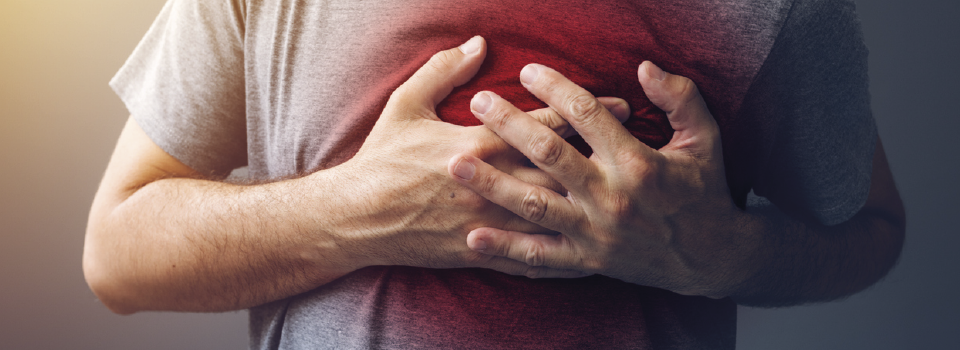
Arrhythmia occurs when the heart's normal rhythm is disrupted, resulting in an irregular, too fast, or too slow heartbeat. There are many potential causes of arrhythmia, including:
- Heart Diseases: Heart conditions such as ischemic heart disease (coronary artery disease), cardiomyopathy (weakening of the heart muscle), valvular heart disease (heart valve problems), and congenital heart defects can lead to arrhythmias.
- High Blood Pressure: High blood pressure can cause cardiac arrhythmias.
- Lung Diseases: Lung diseases, such as chronic obstructive pulmonary disease (COPD), can affect the heart rhythm due to the close relationship between the lungs and the heart.
- Electrolyte Imbalances: Abnormal levels of potassium, sodium, calcium, or magnesium in the blood can cause arrhythmias.
- Medications: Certain medications, especially those used to treat other conditions, can have side effects that trigger arrhythmias.
- Excessive Alcohol or Caffeine Consumption: Excessive alcohol or caffeine intake can cause arrhythmias.
- Stress and Anxiety: High levels of stress or anxiety can trigger arrhythmias in some people.
- Hyperthyroidism or Hypothyroidism: Thyroid imbalances can affect heart rhythm.
- Autonomic Nervous System Disorders: Certain conditions affecting the autonomic nervous system, such as Long QT syndrome, can lead to arrhythmias.
- Advanced Age: The risk of arrhythmias generally increases with age.
- Hereditary Factors: Some arrhythmias can be genetically inherited.
- Rheumatic Fever: This condition can damage heart valves and lead to arrhythmias.
- Stimulants: The use of stimulants like cocaine or amphetamines can cause severe cardiac arrhythmias.
It is crucial to seek medical attention in case of arrhythmia, as some forms of arrhythmia can be dangerous and require medical treatment. Treatment depends on the underlying cause of the arrhythmia and its severity. Accurate diagnosis often requires tests such as electrocardiography (ECG), Holter monitoring, echocardiography, and other cardiac evaluations. Treatment may include medications, catheter ablation, the placement of pacemakers, or other procedures depending on the individual patient's situation.
We have a highly effective natural remedy for curing arrhythmia.
Order it and start the natural treatment for arrhythmia early. Support is provided throughout the entire treatment period. To contact us, click on the WhatsApp button in the lower right corner of your screen or call us at +229 62 79 67 67.
We are represented in all African countries and are active in Cameroon, Côte d'Ivoire, Mali, Senegal, Burkina Faso, Togo, Kenya, Nigeria, Gabon, Central African Republic, Benin, Chad, South Africa, Rwanda, Botswana, Uganda, Congo-Brazzaville, and Kinshasa. So, rest assured that you will receive your products immediately after placing your order.
Delivery is free worldwide.
Problems with the Heart's Electrical System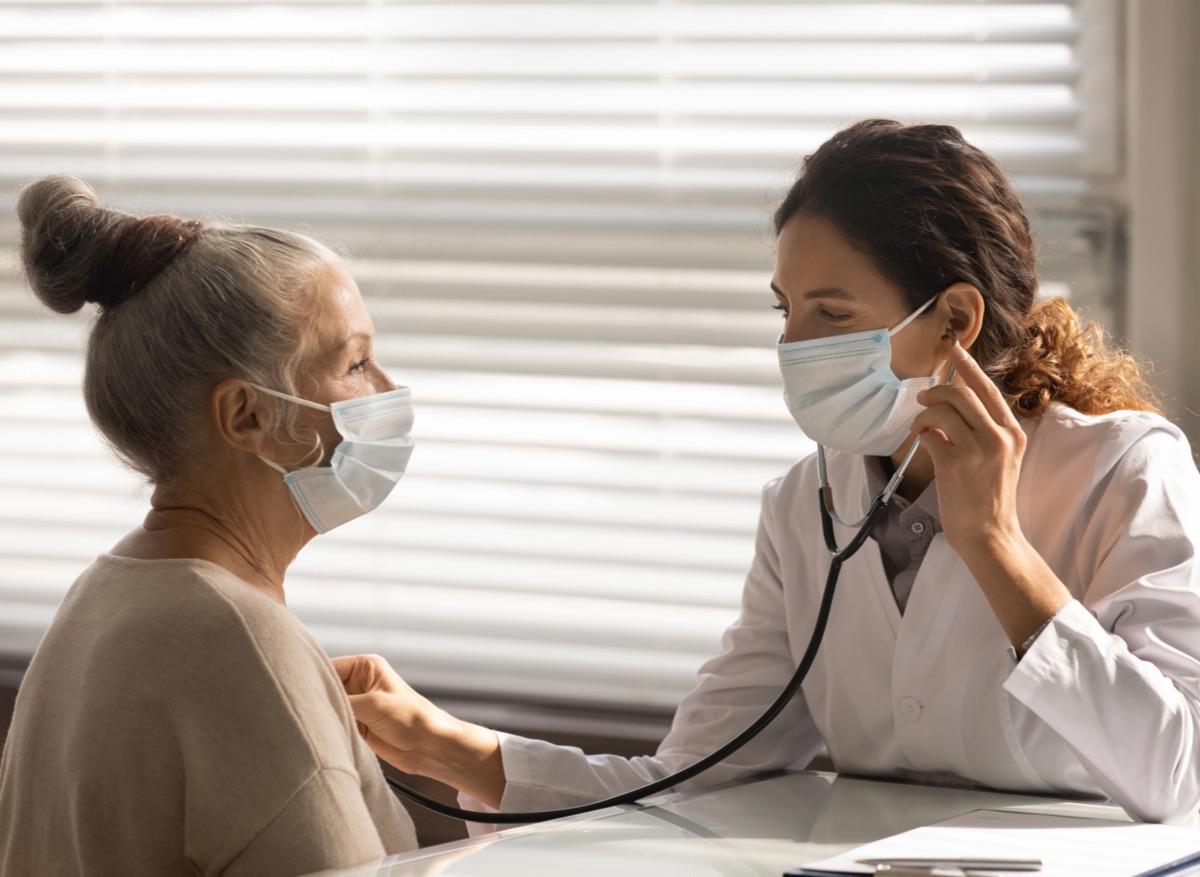
The heart's electrical system is responsible for regulating the heart rate by generating electrical impulses that cause the heart muscles to contract in a synchronized manner. Problems with the heart's electrical system, also known as cardiac rhythm disorders or arrhythmias, can manifest in various ways and have diverse causes. Here are some of the most common issues related to the heart's electrical system:
- Atrial Fibrillation (AF): This is the most common arrhythmia. In AF, the heart's atria beat irregularly and chaotically, which can increase the risk of blood clot formation and strokes.
- Supraventricular Tachycardia (SVT): SVT is a group of arrhythmias that originate in the upper parts of the heart (atria or atrioventricular node) and result in a fast heart rate.
- Bradycardia: Bradycardia is characterized by an abnormally slow heart rate, typically less than 60 beats per minute. It can be caused by issues with the sinus node, often referred to as "sick sinus syndrome."
- Heart Blocks: Heart blocks occur when electrical impulses encounter obstruction or slowing down as they pass through the heart's conduction system. There are different degrees of heart blocks, from minor blockages to complete blockage.
- Ventricular Tachycardia (VT): VT is an arrhythmia that originates in the heart's ventricles and is characterized by a fast and potentially dangerous heart rate. It can be associated with serious heart conditions.
- Atrial Flutter: Atrial flutter is similar to atrial fibrillation but involves more organized electrical impulses in the atria. The heart rate is typically fast and regular.
- Torsades de Pointes: This is a severe form of ventricular tachycardia that can lead to fainting or cardiac arrest. It is often associated with electrolyte imbalances.
- Wolff-Parkinson-White Syndrome (WPW): This syndrome is caused by an abnormal additional electrical pathway between the atria and ventricles, which can lead to episodes of supraventricular tachycardia.
- Long QT Syndrome (LQTS): LQTS is an inherited abnormality of the heart's electrical system that can cause potentially deadly arrhythmias.
Problems with the heart's electrical system can range from benign to severe, and treatment depends on the underlying cause, severity, and associated symptoms. A precise diagnosis often requires tests such as electrocardiograms (ECGs), Holter monitoring, echocardiography, and other cardiac evaluations. Treatment may include medication, catheter ablation, implantation of pacemakers, or other procedures based on the individual patient's condition.
We have a highly effective natural remedy for curing arrhythmia.
Order it and start the natural treatment for arrhythmia early. Support is provided throughout the entire treatment period. To contact us, click on the WhatsApp button in the lower right corner of your screen or call us at +229 62 79 67 67.
We are represented in all African countries and are active in Cameroon, Côte d'Ivoire, Mali, Senegal, Burkina Faso, Togo, Kenya, Nigeria, Gabon, Central African Republic, Benin, Chad, South Africa, Rwanda, Botswana, Uganda, Congo-Brazzaville, and Kinshasa. So, rest assured that you will receive your products immediately after placing your order.
Delivery is free worldwide.

Mycoplasma: Plants, Natural Remedies and Tips
Mycoplasma infection is a respiratory disease caused by Mycoplasma pneumoniae, a microscopic organism related to bacteria. Mycoplasmas are bacteria that can cause infections in the respiratory, urinary, and genital tracts.
Anyone can contract the disease, but it most commonly affects older children and young adults. Mycoplasma infections can occur throughout the year, with widespread and collective outbreaks occurring at intervals of four to eight years. Infections with Mycoplasma are more frequent in late summer and fall.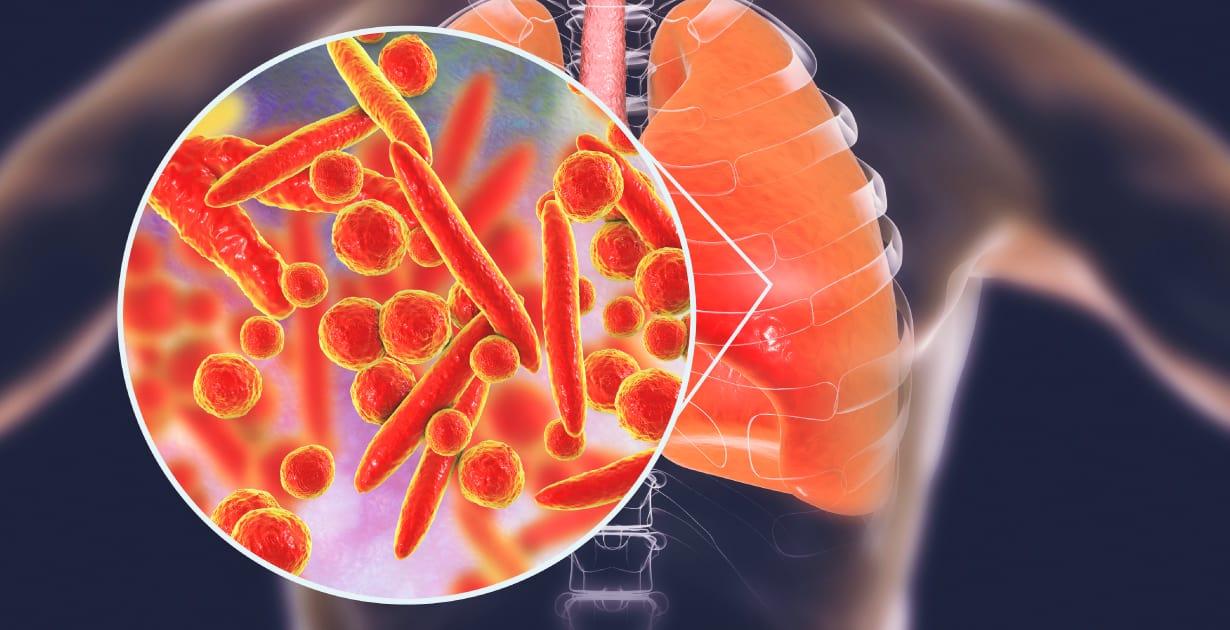
We have a highly effective natural remedy to permanently rid you of mycoplasmas.
Natural Treatment to Cure Mycoplasmas
The treatment we offer is a natural remedy made from African herbs and barks, highly effective in curing mycoplasma infections. This is the secret to naturally healing mycoplasmas through plant-based remedies.
The active ingredients in the plants that make up our natural treatment will completely destroy the bacteria responsible for the infections. Our treatment will help strengthen your immune system to prevent you from contracting mycoplasmas again. You will also need to contribute to this by adopting a healthy lifestyle.
Click on the image below to get it: Order it now and start your natural treatment to cure mycoplasma as soon as possible. Support is provided throughout your treatment. To contact us, click the WhatsApp button in the bottom right corner of the screen or call us at +229 66 23 89 56.
Order it now and start your natural treatment to cure mycoplasma as soon as possible. Support is provided throughout your treatment. To contact us, click the WhatsApp button in the bottom right corner of the screen or call us at +229 66 23 89 56.
We are represented in all African countries and are active in Cameroon, Côte d'Ivoire, Mali, Senegal, Burkina Faso, Togo, Kenya, Nigeria, Gabon, Central African Republic, Benin, Chad, South Africa, Rwanda, Botswana, Uganda, Congo-Brazzaville, and Kinshasa. So you can be sure to receive your products immediately after ordering.
Worldwide delivery is free.
Plants for Treating Mycoplasmas
- Garlic
Garlic is the ultimate natural antibiotic. The plant and its active compound (allicin) have shown inhibitory effects on bacteria involved in many nosocomial diseases. Garlic can be used to treat wounds, prevent gangrene, and ward off infections.
Thanks to the allyl sulfide it contains, this natural ingredient not only kills pathogens and bacteria but also fungi and viruses without harming beneficial gut flora. It is highly effective for treating respiratory infections and yeast infections. It's best consumed raw, fresh, and crushed. As a preventive measure, it also stimulates the multiplication of macrophages and lymphocytes.
It's a food with many beneficial properties:
- Reduces blood pressure by which the heart pumps blood throughout the body, known as blood pressure.
- Lowers cholesterol levels, i.e., the levels of fats in the plasma. •
- Promotes digestion.
- Thins the blood, thus having an anticoagulant effect.
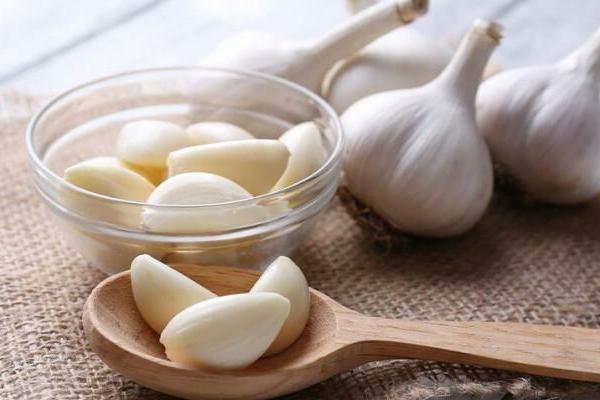
- Echinacea
Echinacea is a plant mainly used to strengthen and stimulate the immune system by increasing the production of immune system cells. It's a plant that enhances the phagocytosis of these cells, meaning the destruction of microorganisms. It is widely used in all types of infections, most often in skin infections.
This plant has immuno-modulating or stimulating properties to prevent the infection from taking hold. It helps boost the activity of your macrophages, the number of your white blood cells (leukocytes), and your immunoglobulins.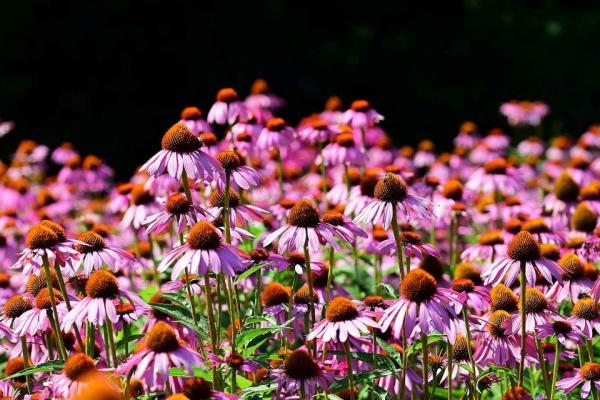
- Oregano Essential Oil
Oregano, a powerful masterful essential oil. Antimicrobial, antiviral, and immunostimulant, this essential oil is especially renowned for its major and broad-spectrum antibacterial action, capable of acting against many germs. It is highly effective against all types of infections, nosocomial, respiratory, urinary, gynecological, and digestive. Note that it should never be used directly on the skin as it can be very irritating.
Oral intake is widely recommended, but it's important to strictly adhere to the dosage and treatment duration. It should be taken in the form of capsules or preparations available at pharmacies. In all cases, consult your pharmacist. While it is known for its extreme effectiveness, oregano essential oil is not without toxicity and is strongly discouraged in children under 12, pregnant women, and breastfeeding mothers.
In oregano, we find two important properties:
- Reduces the effects of free radicals (preventing cellular aging) due to two substances it contains (thymol and rosmarinic acid).
- Combats and destroys fungi and yeasts affecting the body.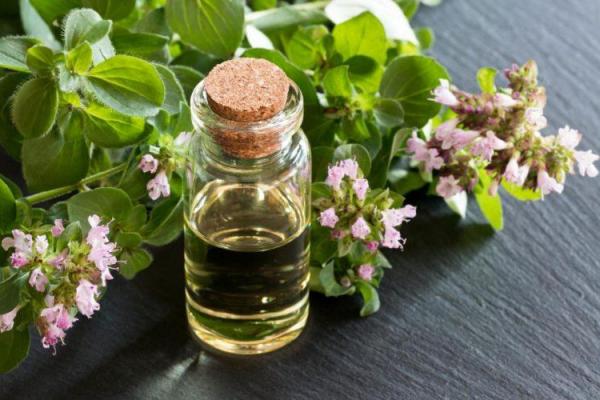
- Eucalyptus
Eucalyptus is a plant often used for decoration due to its beautiful color and aroma, but it has healing properties worth exploring. Some effects of using eucalyptus have been described, such as lowering blood sugar levels, reducing fevers, combating microorganisms, moving and expelling bronchial secretions, and aiding in wound healing.
Eucalyptus is the most typical medicinal plant for treating upper respiratory tract disorders. It is rich in essential oils with antiseptic effects. Thanks to its essential oil, eucalyptus has a respiratory antiseptic effect, thins bronchial secretions (mucolytic), is expectorant, antispasmodic, and anti-inflammatory.
It is very useful in the treatment of respiratory conditions such as bronchitis, colds, and non-productive coughs. It is also used to treat asthma, sinusitis, fever, and flu, and when applied topically, it is used to treat skin lesions and acne.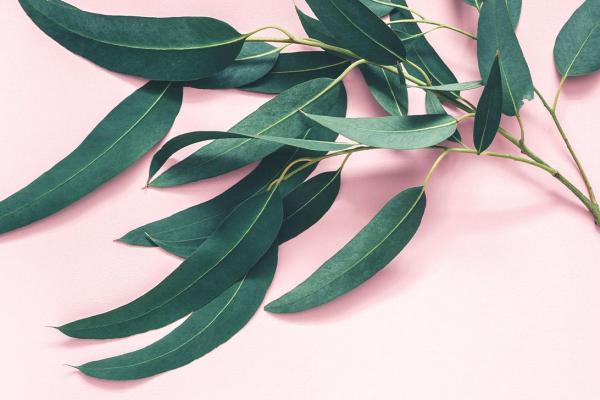
- Turmeric
Turmeric is usually better known for its anti-inflammatory properties, which also improve the response of your antibodies (macrophages, neutrophils, natural killer cells) even at low doses. It is a powerful anti-inflammatory.
Rich in curcumin, an antioxidant and anti-inflammatory compound, turmeric is recommended for gastric problems and digestive disorders. It is also an effective pain reliever for rheumatism or painful menstruation. It also helps reduce LDL cholesterol levels in the blood and accelerates the healing of skin lesions.
How to consume turmeric?
The simplest way is to sprinkle it on dishes, along with black pepper to enhance its effectiveness. Turmeric is also available in the form of dietary supplements. Turmeric is also available as an essential oil but should only be used under medical advice. Turmeric is contraindicated for people with gallstones or liver diseases and for those on anticoagulant therapy.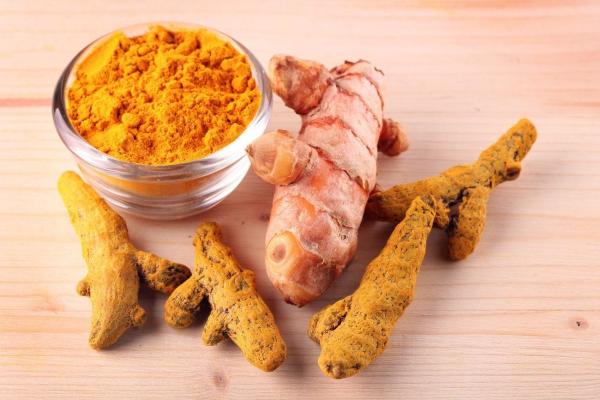
We have a natural herbal remedy made from African plants and barks, highly effective in permanently eliminating mycoplasma.
Order it now and start your natural treatment to cure mycoplasma as soon as possible. Support is provided throughout your treatment. To contact us, click the WhatsApp button in the bottom right corner of the screen or call us at +229 66 23 89 56.
We are represented in all African countries and are active in Cameroon, Côte d'Ivoire, Mali, Senegal, Burkina Faso, Togo, Kenya, Nigeria, Gabon, Central African Republic, Benin, Chad, South Africa, Rwanda, Botswana, Uganda, Congo-Brazzaville, and Kinshasa. So you can be sure to receive your products immediately after ordering.
Worldwide delivery is free.
- Onion
Onion, a relative of garlic, is another great remedy for combating mainly respiratory and bacterial infections as well as skin infections. Onion purifies the body deeply and kills harmful organisms.
Onion has cardiovascular effects, reducing the amount of fluid in the body and thus lowering blood pressure. It also contains calcium, which prevents an increase in heart rate.
Like oregano, onion eliminates free radicals and their effects on cellular aging. It also eliminates infections by getting rid of various harmful bacteria due to a specific type of fiber it possesses. Its high sulfur content is essential for preventing the spread of bacteria. It will help eliminate respiratory infections and parasites that can accumulate in your digestive system.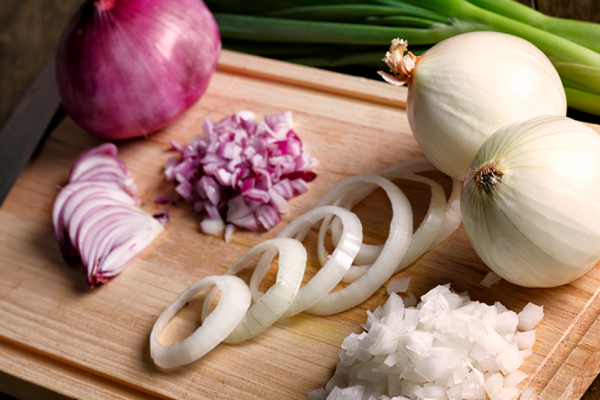
- Ginger
Ginger has the ability to create a balanced environment in our bodies. Its use promotes the growth of microorganisms that contribute to various bodily functions while destroying those that pose a problem (such as in the digestive or respiratory system). It is recommended for alleviating nausea, calming vomiting, aiding digestion, and strengthening the immune system. It helps combat digestive and respiratory infections. Its antibacterial power has been particularly useful against Helicobacter pylori infection, the cause of many cases of gastritis.
If consumed regularly, it will strengthen your intestinal flora, preventing the selection of more resistant microorganisms that eventually win the anti-infectious battle with surprising ease. Ginger also helps protect the immune system. As a preventive measure, ginger can be grated or used as a powder, sprinkled in culinary preparations, up to 4g per day.
Ginger and Pregnancy
While many herbs are natural, several are not recommended during pregnancy, including herbal teas. It is always advisable to seek medical advice or consult your pharmacist. However, ginger is considered a safe plant, widely recommended during the early months of pregnancy. The World Health Organization (WHO) has recognized the benefits of ginger in preventing nausea and vomiting associated with pregnancy.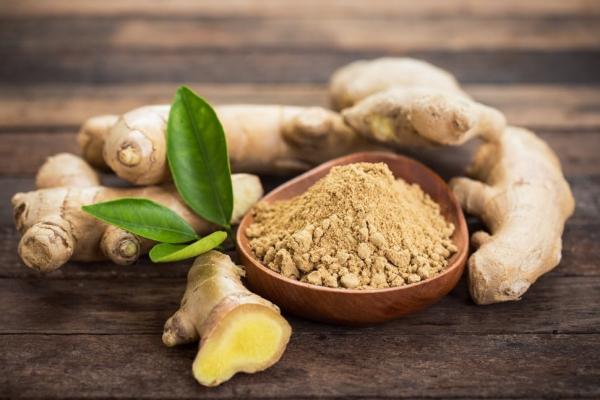
- Lemon
Lemon is a citrus fruit, and its intake reduces blood pressure, prevents cellular aging, regulates the body's pH (necessary for all bodily processes to occur normally), and helps fight various types of infections (mainly bacteria and viruses).
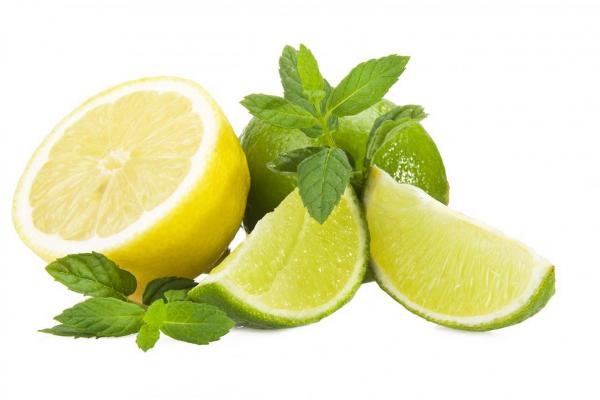
- Clove
Clove is a aromatic herb. It has various effects, such as the ability to eliminate or reduce pain and destroy germs and bacteria. Do not hesitate to use them to recover and maintain your health.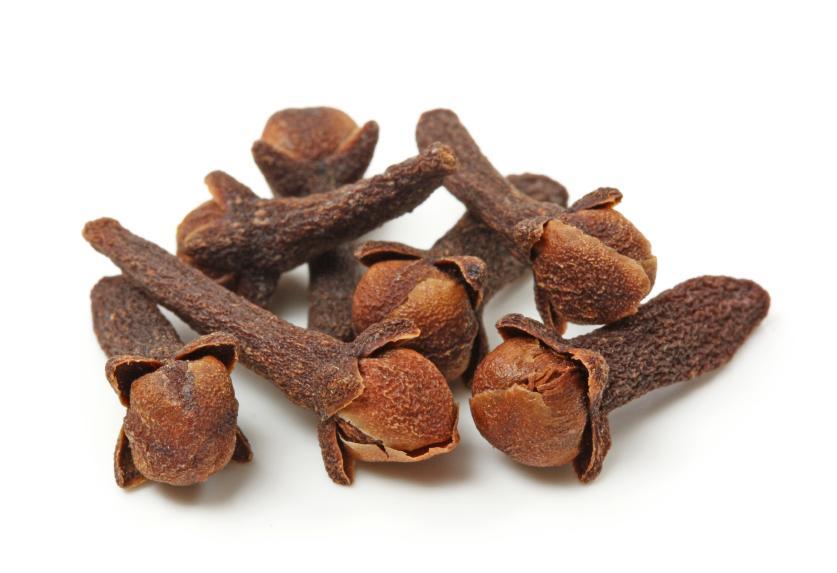
- Aloe Vera
Aloe vera contains up to 70 active compounds that are surprising due to their anti-inflammatory, antifungal, and antibacterial properties. Its topical use is strongly recommended for healing wounds, burns, and various skin conditions. Internally, it surprises with its ability to balance the functioning of the digestive system.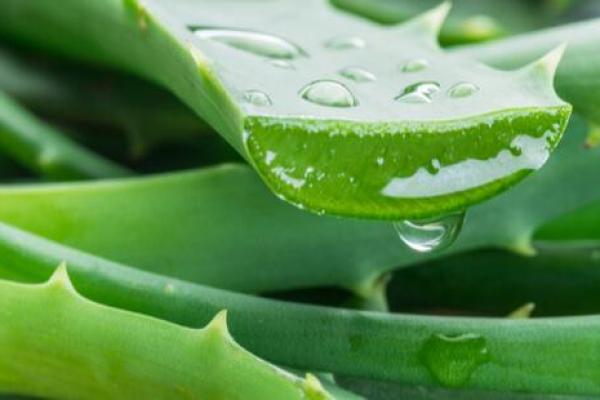
We have a natural herbal remedy made from African plants and barks, highly effective in permanently eliminating mycoplasma.
Order it now and start your natural treatment to cure mycoplasma as soon as possible. Support is provided throughout your treatment. To contact us, click the WhatsApp button in the bottom right corner of the screen or call us at +229 66 23 89 56.
We are represented in all African countries and are active in Cameroon, Côte d'Ivoire, Mali, Senegal, Burkina Faso, Togo, Kenya, Nigeria, Gabon, Central African Republic, Benin, Chad, South Africa, Rwanda, Botswana, Uganda, Congo-Brazzaville, and Kinshasa. So you can be sure to receive your products immediately after ordering.
Worldwide delivery is free.
- Strawberry
Strawberries stand out for their antiviral properties and their essential role in relieving the symptoms of various rheumatic diseases. They also provide fluoride, which contributes to maintaining dental health.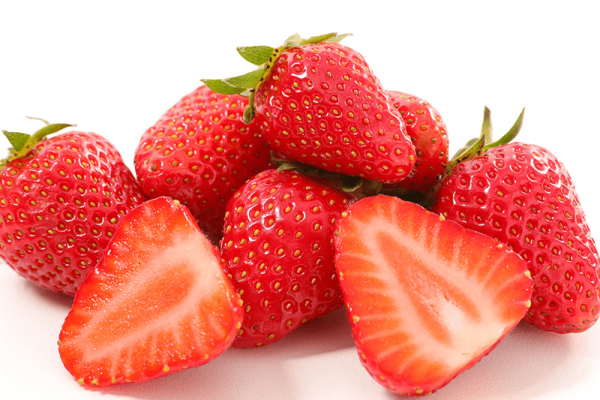
- Rosemary
In addition to being a spice that adds a very special flavor, rosemary is a powerful antiviral. Used topically (in oil or with alcohol), it helps improve blood circulation. It can also be consumed as an infusion, which helps prevent the spread of infection. Drinking rosemary tea three times a week is more than enough for you to appreciate these effects.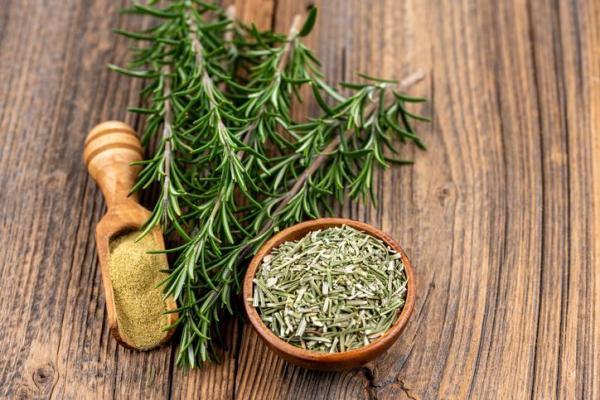
- Honey
One tablespoon a day is more than enough to balance the immune system. It also provides vitamins, minerals, and essential nutrients for your body.
- Green Tea
Green tea, highly popular in Eastern countries and increasingly recognized in our society, has gained a lot of fame. You can even find various green tea preparations in kiosks and supermarkets. It has effects on the heart and liver, lowering cholesterol and triglycerides in the body.
Moreover, it regulates insulin levels (the hormone that lowers blood sugar levels), prevents cellular aging, has anticancer properties, and fights pathogenic microorganisms.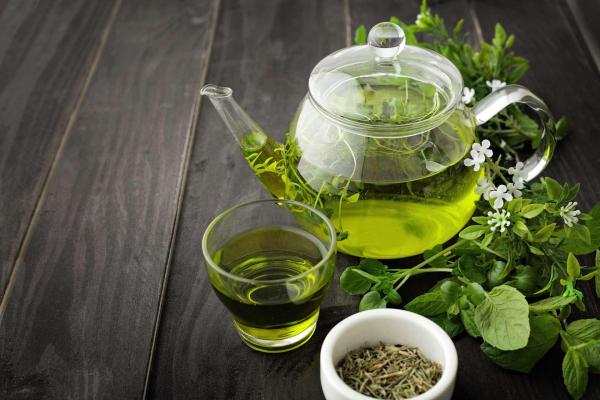
- Propolis
Collected on the buds of certain trees by bees to seal and sanitize their hives, propolis is a mixture of resins, essential oils, waxes, and pollen. It has been found that propolis has several healing properties: it is a powerful ally in fighting microorganisms such as viruses and bacteria, and it also promotes wound healing. Propolis also prevents cellular aging, reduces inflammation, alleviates pain, and reduces allergy symptoms.
Rich in flavonoids, vitamins, and trace elements, propolis is very effective against ENT (Ear, Nose, and Throat) conditions, mainly due to its ability to thin secretions. It is also recommended for the treatment of oral lesions and burns. Propolis is marketed in the form of a spray (for oral lesions and sore throats), drinkable ampoules (for respiratory infections), or lozenges (for sore throats). In its raw form, natural propolis can also be consumed as a decoction with honey or as a tincture for powerful anti-infectious action.
Propolis is not recommended for people with a history of allergies.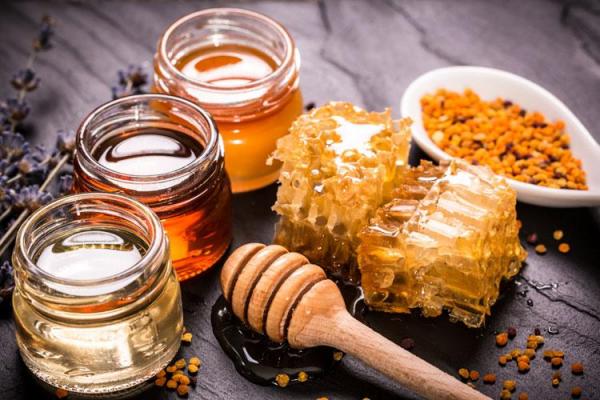
We have a natural herbal remedy made from African plants and barks, highly effective in permanently eliminating mycoplasma.
Order it now and start your natural treatment to cure mycoplasma as soon as possible. Support is provided throughout your treatment. To contact us, click the WhatsApp button in the bottom right corner of the screen or call us at +229 66 23 89 56.
We are represented in all African countries and are active in Cameroon, Côte d'Ivoire, Mali, Senegal, Burkina Faso, Togo, Kenya, Nigeria, Gabon, Central African Republic, Benin, Chad, South Africa, Rwanda, Botswana, Uganda, Congo-Brazzaville, and Kinshasa. So you can be sure to receive your products immediately after ordering.
Worldwide delivery is free.
- Lapacho
Considered by the Incas as the tree of life, lapacho is rich in minerals, trace elements, and flavonoids. It helps strengthen the immune system, soothes rheumatism, and stimulates liver drainage. It is particularly recommended in winter for prevention or the treatment of seasonal illnesses.
How to use lapacho?
Available in powder or capsules, lapacho bark can also be consumed as a tea or decoction. Lapacho is contraindicated in cases of hemophilia and in individuals on anticoagulant therapy. It is also not recommended for pregnant or breastfeeding women. Consult your doctor or ask your pharmacist for advice.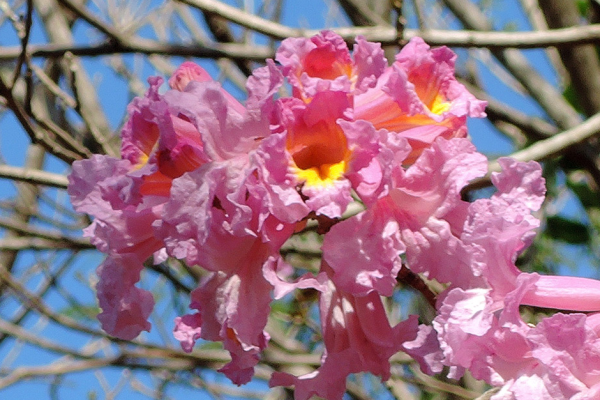
- Licorice
The use of pure licorice is essential for maintaining optimal dental health, as it easily eliminates the bacteria that cause cavities and gum problems. It should always be taken in this form and not as sugar sold as candy.
Licorice can interact with thiazide diuretics, stimulant laxatives, digitalis, quinidine-type antiarrhythmics, antihypertensives, corticosteroids, and loratadine. Although classified as an antiulcer medicinal plant, licorice also has an effective expectorant effect because its saponin content increases bronchial secretion production by irritating the bronchial mucosa.
It also has a mineral corticoid action (increases renal reabsorption of sodium and water and potassium elimination). It is used in the treatment of gastritis, gastric ulcers, unproductive coughs, and bronchitis.
Its use is contraindicated in cases of high blood pressure, cardiac arrhythmias, type II diabetes, renal insufficiency, syndromes with hyperestrogenism, and estrogen-dependent neoplasms. Licorice should not be used during pregnancy and breastfeeding due to its estrogenic effect.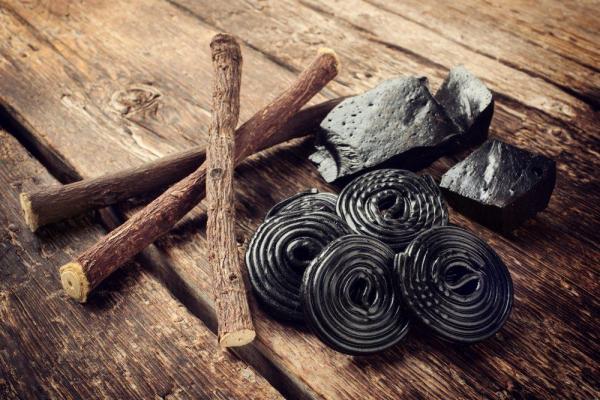
- Canadian Hydrastis
The high level of berberine contained in goldenseal makes this plant a very effective substance for fighting fungi, bacteria, and viruses. It is highly effective in urinary and throat infections. Applied to the skin, it helps relieve the symptoms of infectious diseases.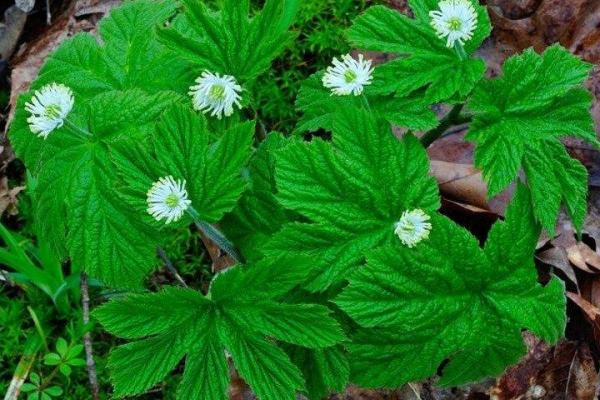
- Thyme
Thyme is a unique antibiotic. It has the ability to be bacteriostatic, meaning it doesn't kill bacteria but prevents their reproduction. Additionally, thyme is an effective disinfectant and wound healer.
Thyme has an expectorant action because its essential oil increases the activity of bronchial cilia, while its irritating effect increases bronchoalveolar secretion production. It also has a respiratory antiseptic and bronchial muscle-relaxing effect. It is recommended for irritative coughs and bronchitis.
During pregnancy and breastfeeding, the use of thyme is not recommended due to a lack of data demonstrating its safety.
- Mint
We all know the purpose of using mint in toothpaste, mouthwashes, and chewing gum, but mint's properties go beyond giving us fresh breath. It acts as a pain reliever, soothes seizures in people who suffer from them, relieves irritations of the digestive mucosa, decongests the respiratory tract, and destroys germs and bacteria, preventing infections.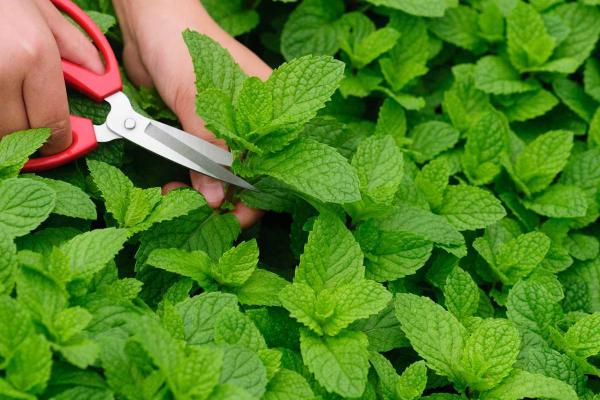
We have a natural herbal remedy made from African plants and barks, highly effective in permanently eliminating mycoplasma.
Order it now and start your natural treatment to cure mycoplasma as soon as possible. Support is provided throughout your treatment. To contact us, click the WhatsApp button in the bottom right corner of the screen or call us at +229 66 23 89 56.
We are represented in all African countries and are active in Cameroon, Côte d'Ivoire, Mali, Senegal, Burkina Faso, Togo, Kenya, Nigeria, Gabon, Central African Republic, Benin, Chad, South Africa, Rwanda, Botswana, Uganda, Congo-Brazzaville, and Kinshasa. So you can be sure to receive your products immediately after ordering.
Worldwide delivery is free.
- Plantain
Plantain is often used in the treatment of colds, unproductive coughs, bronchitis, and pharyngitis. Topically, it is used for dermatitis. Mucilages have a soothing effect on the respiratory mucosa, inhibiting the cough reflex. Plantain is an antitussive medicine. It also has an anti-inflammatory, hypolipidemic, and dermatological emollient effect.
Like other plants with mucilages in their composition, plantain should not be used in cases of esophageal obstruction, intestinal obstruction, gastrointestinal stenosis, or abdominal pain of unknown origin. It should also not be used during pregnancy and breastfeeding due to a lack of data supporting its safety.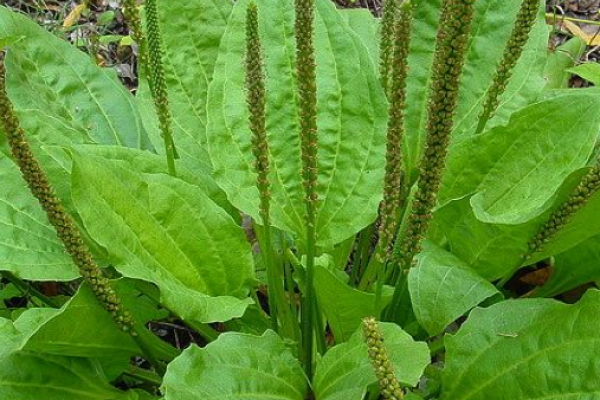
- Sundew
Sundew is a very vigorous and easy-to-cultivate carnivorous plant. Sundew has antispasmodic activity and a bronchodilator effect on the smooth muscle of the bronchi, exerting an antitussive effect. It also has an anti-inflammatory action. It is used in cases of non-productive cough and bronchitis.
The entire plant is used for asthma treatment. Its active principles include naphthoquinones, flavonoids, tannins, mucilages, and mineral salts.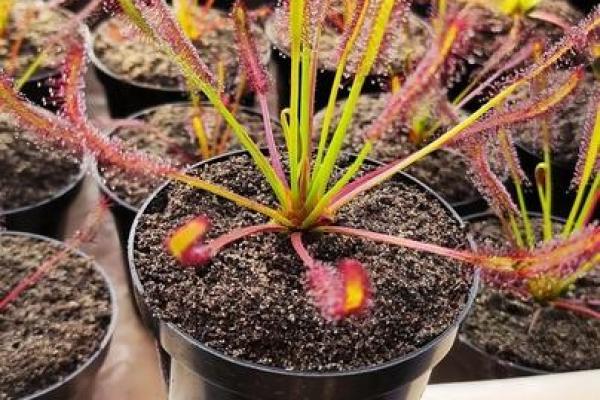
- Mallow
Mallow is used in cases of unproductive cough, bronchitis, and pharyngitis. Topically, mallow is also used to treat skin lesions. The inflorescences and leaves of mallow are used. The leaves and flowers contain mucilages (such as galacturonorhamnans and arabinogalactans), but the leaves also contain flavonoids and tannins, and the flowers contain anthocyanins.
Thanks to its mucilage content, mallow has a soothing, antitussive, and anti-inflammatory action. Due to its mucilage content, it has the same contraindications and interactions as plantain.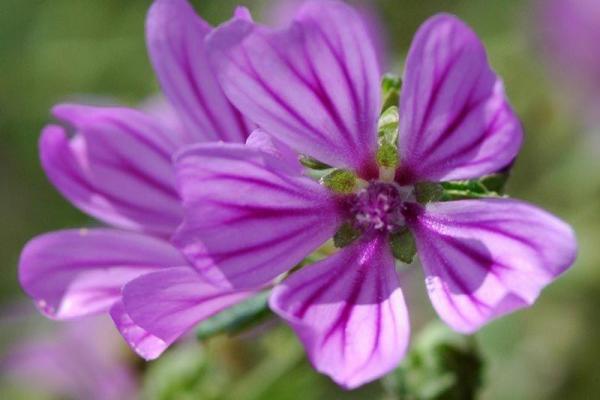
- Mushrooms
Mushrooms are very tasty and contain a number of nutrients that make them excellent companions in meals. But in addition to being delicious, they have medicinal properties: they help improve circulation and lower blood pressure. They reduce inflammatory processes and stimulate the immune system to distinguish infected cells from viruses or other microorganisms and eliminate them.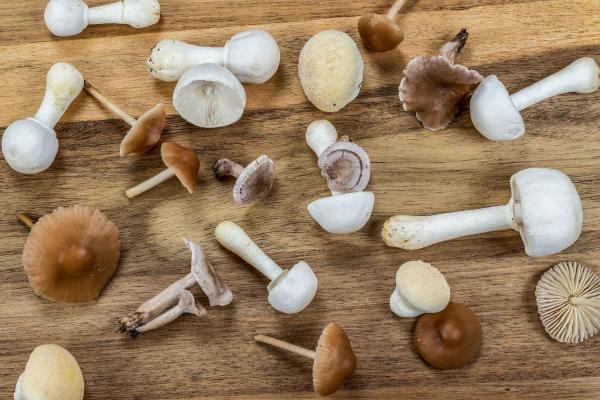
We have a natural herbal remedy made from African plants and barks, highly effective in permanently eliminating mycoplasma.
Order it now and start your natural treatment to cure mycoplasma as soon as possible. Support is provided throughout your treatment. To contact us, click the WhatsApp button in the bottom right corner of the screen or call us at +229 66 23 89 56.
We are represented in all African countries and are active in Cameroon, Côte d'Ivoire, Mali, Senegal, Burkina Faso, Togo, Kenya, Nigeria, Gabon, Central African Republic, Benin, Chad, South Africa, Rwanda, Botswana, Uganda, Congo-Brazzaville, and Kinshasa. So you can be sure to receive your products immediately after ordering.
Worldwide delivery is free.
Some Advice and Recommendations for Mycoplasma Infections
- Get More Sleep
During your sleep, your body produces cytokines. These proteins protect you from mycoplasma infections. Moreover, more sleep increases your levels of antibodies and white blood cells that fight infections, which also helps prevent bacterial invasions.
- Maintain a Healthy and Balanced Diet
A healthy and high-quality diet forms your first line of defense against infections. It should provide your immune system with essential nutrients. Consuming too much sugar, excessive caffeine, or indulging in fatty foods can weaken your immune system and make you more vulnerable to mycoplasma infections.
A good diet should be anti-inflammatory and support beneficial bacteria in your flora. It should primarily focus on plant-based foods, rich in fiber, antioxidants, magnesium, vitamin C, and other antioxidants, while minimizing the intake of processed products.
- Engage in Regular Physical Activity
When we engage in physical activity, our bodies warm up, and the increase in temperature slows down bacterial growth, which can assist the immune system. Physical activity also reduces the release of stress hormones, reducing the risk of falling ill.
Moderate to high-intensity exercise stimulates the immune system by improving blood circulation, allowing immune system substances to circulate more effectively in the body. Walking, yoga, and aerobic exercises are excellent for strengthening your immune defenses. Moderate-paced running is equally effective. However, make sure to dress warmly. But be cautious not to overdo it.
- Maintain Good Sexual Health
Healthy sexual practices can help your body recover more quickly from a mycoplasma infection in the genital-urinary tract. This includes practicing good hygiene, maintaining open communication with your partner about any discomfort or health issues they may experience before engaging in sexual activity, and always using proper protection.
Preventive Recommendations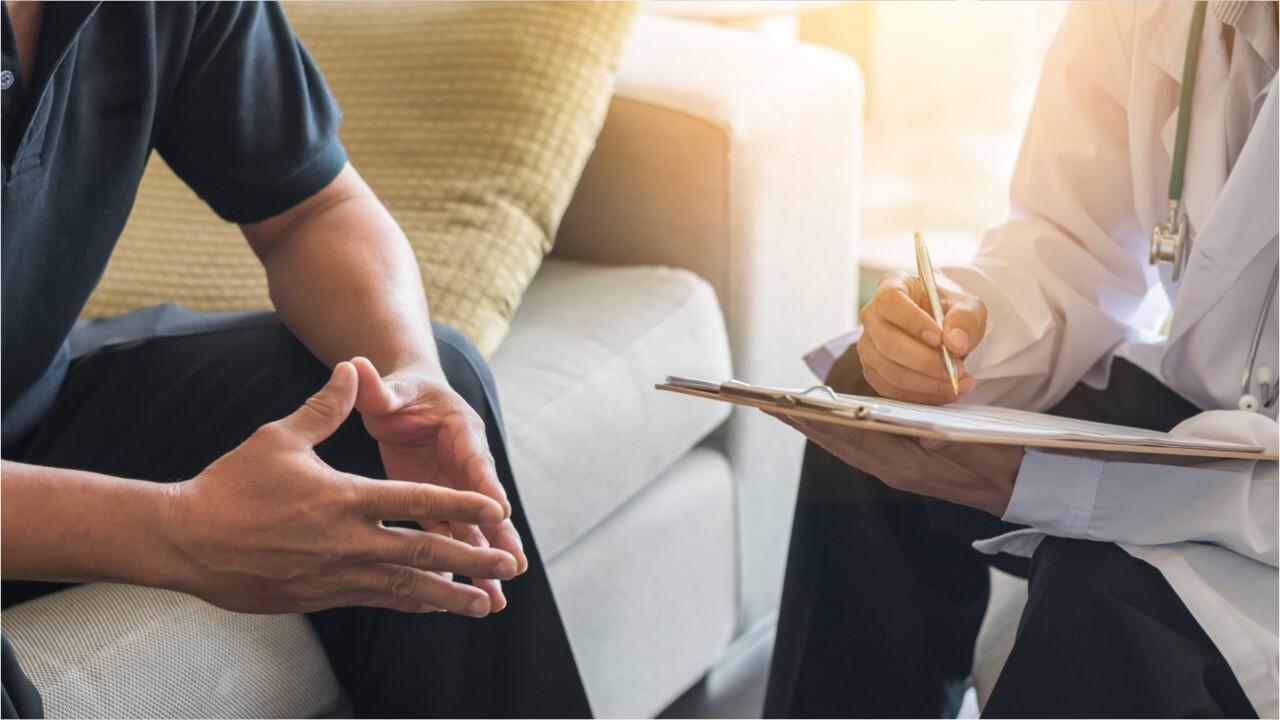
Mycoplasma infections are transmitted through exposure to droplets from the coughing, sneezing, or breath of an infected person, or through sexual contact with someone carrying the bacteria. It's possible that your body already has varying levels of these bacteria, which only become problematic when they cause an infection.
The best way to prevent these infections is twofold. Firstly, avoid additional exposure to the bacteria. This includes avoiding sick individuals, washing your hands regularly, and protecting yourself during sexual activities.
Secondly, since mycoplasma may already be present in your body, maintain good health and a strong immune system to prevent the bacteria from becoming a widespread infection.
We have a natural herbal remedy made from African plants and barks, highly effective in permanently eliminating mycoplasma.
Order it now and start your natural treatment to cure mycoplasma as soon as possible. Support is provided throughout your treatment. To contact us, click the WhatsApp button in the bottom right corner of the screen or call us at +229 66 23 89 56.
We are represented in all African countries and are active in Cameroon, Côte d'Ivoire, Mali, Senegal, Burkina Faso, Togo, Kenya, Nigeria, Gabon, Central African Republic, Benin, Chad, South Africa, Rwanda, Botswana, Uganda, Congo-Brazzaville, and Kinshasa. So you can be sure to receive your products immediately after ordering.
Worldwide delivery is free.
Transmission of Mycoplasma
Mycoplasma is transmitted through contact with particles of secretions from the nose and throat of infected individuals, especially during coughing and sneezing. Transmission occurs through close and prolonged contact with an infected person. Transmission within families, schools, and institutions occurs slowly. The transmission period is likely less than 10 days and sometimes longer.
Symptoms of Mycoplasma
Typical symptoms include fever, cough, bronchitis, sore throat, headaches, and a feeling of fatigue. A common consequence of mycoplasma infection is pneumonia, which is usually mild and rarely requires hospitalization. Middle ear infections (otitis media) can also occur. Symptoms can persist for a few days to over a month.
Symptoms typically begin 15 to 25 days after exposure and develop slowly over a period of two to four days.
Mycoplasma infection is generally diagnosed based on typical symptoms. A non-specific blood test (cold agglutinins) is useful for definitive diagnosis, although it is not always positive. The use of more specific laboratory tests is often limited to special outbreak investigations.
While immunity develops after mycoplasma infection, it is not lifelong. Second infections often occur and may be milder. The duration of immunity is not known.
We have a natural herbal remedy made from African plants and barks, highly effective in permanently eliminating mycoplasma.
Order it now and start your natural treatment to cure mycoplasma as soon as possible. Support is provided throughout your treatment. To contact us, click the WhatsApp button in the bottom right corner of the screen or call us at +229 66 23 89 56.
We are represented in all African countries and are active in Cameroon, Côte d'Ivoire, Mali, Senegal, Burkina Faso, Togo, Kenya, Nigeria, Gabon, Central African Republic, Benin, Chad, South Africa, Rwanda, Botswana, Uganda, Congo-Brazzaville, and Kinshasa. So you can be sure to receive your products immediately after ordering.
Worldwide delivery is free.
Different Types of Mycoplasma
Genital mycoplasma affects both men and women. In men, it can cause symptoms such as urinary pain, inflammation, and pus discharge from the penis. Women typically do not show symptoms, but if left untreated, it can lead to pelvic inflammatory disease, resulting in infertility.
Mycoplasmas are bacteria and the smallest known living microbes currently identified by scientists. For many people, they are part of the natural bacterial population in the throat, lungs, and genital tract.
In most cases, the more than 200 different types of mycoplasmas that may live in your body are completely harmless. However, there are specific forms that can cause infections and serious health problems:
- Mycoplasma pneumoniae
These bacteria reside in your respiratory system and can cause lung infections. Also known as "walking pneumonia," this familiar name itself suggests the answer to the question: "What is walking pneumonia?" Most people who contract this type of bacterial infection experience a mild form of pneumonia. Symptoms include fatigue, sore throat, headaches, and chronic cough. In some cases, there may be a mycoplasma rash (a red rash resembling hives).
- Mycoplasma genitalium
These bacteria live in and around your urinary and genital tracts. This bacterial infection occurs if you have sexual contact with someone who is already infected. Symptoms vary by gender. If you are a woman, you may notice discharge (or even blood) from your vagina or pain during intercourse. If you are a man, you may experience discharge from your penis and/or a burning sensation when urinating.
- Mycoplasma hominis
These bacteria primarily affect women and live in the reproductive system and urinary tracts of women. For most healthy people, these bacteria are never noticed, and there are few or no symptoms. Signs of this bacterial infection usually occur only during pregnancy and childbirth because the bacterium can be transmitted to a newborn from an infected mother. It can lead to miscarriages or premature births, as well as fever in newborns.
- Ureaplasma urealyticum and Ureaplasma parvum
These bacteria live in men's urethra and women's cervix or vagina. Almost all healthy adults have these bacteria, but if it leads to an infection, it can create health problems. Very few men have this bacterium, but most healthy women do. The bacterium spreads during sexual intercourse and can cause symptoms such as penile or vaginal discharge, stomachaches, and genital odor.
Most people never notice mycoplasma because it is a natural part of the bacterial population in their bodies. In fact, there are 10 times as many bacteria and microbial cells in your body as human cells. However, when other forms of bacteria cause an infection, the results can be serious. Specific signs and symptoms vary depending on the type of infection you have.
We have a natural herbal remedy made from African plants and barks, highly effective in permanently eliminating mycoplasma.
Order it now and start your natural treatment to cure mycoplasma as soon as possible. Support is provided throughout your treatment. To contact us, click the WhatsApp button in the bottom right corner of the screen or call us at +229 66 23 89 56.
We are represented in all African countries and are active in Cameroon, Côte d'Ivoire, Mali, Senegal, Burkina Faso, Togo, Kenya, Nigeria, Gabon, Central African Republic, Benin, Chad, South Africa, Rwanda, Botswana, Uganda, Congo-Brazzaville, and Kinshasa. So you can be sure to receive your products immediately after ordering.
Worldwide delivery is free.

Natural Herbs, Remedies and Tips to prevent/relieve pulmonary emphysema
Pulmonary emphysema is a disabling lung disease. It is characterized by the progressive destruction of the pulmonary alveoli, small spaces located at the end of the bronchioles allowing the absorption of oxygen. During this disease, the alveoli dilate and eventually lose their elasticity. They become unable to expel the air they contain during the exhalation phase. The destroyed lung distends, increases in volume, which compresses the rib cage and the respiratory muscles, preventing the complete expiration of air. Eventually, without treatment, respiratory failure sets in and becomes extremely debilitating.
Pulmonary emphysema is mainly caused by smoking, but exposure to chemical substances can also be responsible.
According to science there is no cure for pulmonary emphysema.
We have a very effective natural herbal remedy that can gradually regenerate your alveoli and permanently cure you of pulmonary emphysema: CLICK HERE TO GET IT.
Pulmonary emphysema is a chronic disease that can be difficult to control. People can reduce their symptoms at home by using some home remedies, including exercise, breathing techniques, dietary supplements and essential oils.
Natural Herbs, Remedies and Tips for Avoiding/Relieving Pulmonary Emphysema
Quit smoking
Smoking is the main cause of pulmonary emphysema. Tobacco smoke irritates the airways inside the lungs. The inflammation and blockage of the airways causes them to narrow, making it hard to breathe in and out.
People with pulmonary emphysema who smoke have a more rapid decline in lung function, more complications and a higher risk of death.
Smoking can also reduce the effectiveness of inhaled steroids that doctors use to treat severe forms of pulmonary emphysema. Quitting smoking is the most effective step a smoker with pulmonary emphysema can take to slow the progression of the disease.
Improve the air quality in your home
Certain chemicals in our homes, such as paint, cleaning chemicals, pesticides, tobacco smoke, dust, pet dander, etc., can make it difficult for people with pulmonary emphysema to breathe.
However, we can improve the air quality in our homes by limiting contact with household chemicals, opening windows to increase air circulation, using an air filtration system, cleaning air filtration systems regularly to prevent the growth of harmful molds and fungi, vacuuming and tidying to prevent dust accumulation, and washing bed linens weekly to reduce dust mites.
Practice breathing exercises
Breathing exercises are designed to improve the symptoms of pulmonary emphysema by strengthening the respiratory muscles and improving one's ability to exercise.
Some breathing exercises: yoga, pursed lip breathing, diaphragm breathing, apnea, ...
We have a natural remedy based on natural plants, very effective, capable of gradually regenerating your alveoli and to heal you permanently of the pulmonary alveolus: CLICK HERE TO GET IT.
Control your stress level
Pulmonary emphysema can cause sudden flare-ups of symptoms or exacerbations. Anxiety and depression can increase the risk of flare-ups. By adopting stress management strategies, you will improve your overall health.
Emotional stress can weaken the immune system, which increases the risk of respiratory infections. Mindfulness meditation can help reduce emotional distress.
Maintain a healthy weight
People with pulmonary emphysema who are underweight have a higher risk of mortality than people with pulmonary emphysema who are overweight. People with pulmonary emphysema who are underweight are more likely to experience:
respiratory muscle weakness,
Reduced exercise capacity,
reduced lung capacity.
Building muscle strength
Many people with pulmonary emphysema have difficulty exercising because they have trouble breathing. However, avoiding exercise can make symptoms such as muscle weakness and fatigue worse.
Here are some exercises that these people can do to improve their muscle strength and increase their exercise capacity:
Interval training: This involves alternating periods of high and low intensity exercise.
Strength training: Uses resistance methods such as weights, resistance bands and your own body weight to increase muscle size and strength. Strengthening lower body muscles can help improve shortness of breath.
Water exercise
People with pulmonary emphysema may have muscle or bone problems that make exercise difficult.
Exercising in water puts less strain on the body, which may make it easier to manage.
Vitamin D
Many people with pulmonary emphysema have low vitamin D levels. Vitamin D deficiency can increase airway inflammation and reduce the body's ability to clear bacteria. This is related to the fact that these people are more likely to get upper respiratory tract infections, which can make the symptoms of pulmonary emphysema worse. Colds can trigger flare-ups of pulmonary emphysema.
Your doctor may want to check your vitamin D levels and suggest supplements if your levels are lower than normal.
Coenzyme Q10 and creatine
Coenzyme Q10 (CoQ10) and creatine are natural chemicals that help provide energy to the body's cells.
People taking creatine and CoQ10 supplements improved their exercise tolerance, were less out of breath, had improved flare-ups, as did their quality of life.
Eucalyptus oil
Eucalyptus oil contains a natural compound called eucalyptol.
Eucalyptol may have the following benefits for people with pulmonary emphysema:
has antioxidant and anti-inflammatory properties
opens the airways in the lungs
reduces mucus production
helps clear mucus from the lungs
prevents moderate to severe pulmonary emphysema flare-ups.
Standardized myrtol
Standardized myrtol is an essential oil derived from pine, lime and eucalyptus.
Standardized myrtol is a safe and effective treatment for chronic bronchitis and pulmonary emphysema.
Acupuncture
Acupuncture can improve quality of life when given in addition to standard treatments for pulmonary emphysema.
Acupuncture involves using very fine needles to stimulate certain points on the body. It is part of traditional Chinese medicine and is widely available in the United States.
Massage
Massage can help relax tense chest muscles. But there is not enough research to know if massage directly helps pulmonary emphysema. There have not been enough studies on the subject.
However, massage can help with stress and general relaxation. If this is the case for you, you may want to consider it as part of your self-care.
Ginseng
Ginseng is an herb that has been used for thousands of years for a variety of medicinal reasons. Some early, small studies found that ginseng may show promise in treating the symptoms of pulmonary emphysema.
But a more recent, larger study showed that ginseng was no better than a placebo for people with moderate to severe pulmonary emphysema. So it's unlikely that ginseng is helpful if you have pulmonary emphysema.
Salvia
Also called red sage, Salvia miltiorrhiza is an herb that has long been used in Chinese medicine.
Some research suggests that sage may help protect your lungs during flare-ups. But there hasn't been enough research to confirm this. There are no studies that support the use of sage for pulmonary emphysema or any other health problem.
Echinacea tea
Some people take this supplement to help prevent or relieve cold symptoms. Echinacea is an herb that is well known to help boost the immune system, but it is also very effective in relieving inflammation in the body, having an analgesic effect on muscle aches and general discomfort.
Research shows that taking echinacea once you have a cold won't do much to shorten it. But taking echinacea while you're healthy can help you avoid getting sick.
Melatonin
Your body naturally produces melatonin, which promotes sleep. Some people take melatonin supplements when they have trouble sleeping, hoping it will help them get better rest.
If you have pulmonary emphysema, you may have trouble sleeping. Research on the usefulness of melatonin is mixed. Some studies indicate that melatonin makes it easier to breathe and therefore sleep.
Compresses with peppermint tea
This is a very simple, but very effective option for treating fever and providing quick relief, as it lowers body temperature in minutes.
To do this, soak 2 compresses, or a clean cloth, in a container of hot peppermint tea, then squeeze out the excess water. Finally, the compresses or cloth should be applied to the forehead and this process can be repeated several times a day, both in children and adults. In addition to the fact that the temperature of the water helps to cool the body temperature, peppermint also contains substances, such as menthol, that help to cool the skin. Ideally, the tea should not be hot, but it should not be cold either, as it can cause heat shock and make the person shiver, increasing discomfort.
Thyme tea
Thyme is a medicinal plant widely used traditionally for the treatment of cough, and is authorized by the European Medicines Agency as a natural ingredient for the preparation of cough medicines.
According to a 2006 study, this effect seems to be related to the flavonoid composition of the plant, which helps relax the throat muscles responsible for coughing, as well as relieving inflammation of the airways.
Pineapple juice
Due to its composition of bromelain, pineapple juice seems to be an excellent natural option for cough relief, as this substance seems to be able to inhibit coughing.
In addition, because it contains vitamin C, pineapple juice also boosts the immune system and reduces inflammation in the respiratory system, making it a good option for treating pneumonia.
Ginger tea
Ginger is a root that has constituents, such as gingerol or shogaol, with a powerful analgesic and anti-inflammatory action that help to significantly reduce any type of pain, especially muscle aches and general discomfort from conditions such as the flu, cold or pneumonia, for example.
In addition, the phenolic compounds in ginger also have a strong antioxidant action, helping to strengthen the immune system.
We have a very effective natural herbal remedy that can gradually regenerate your alveoli and cure you of lung alveolus permanently: CLICK HERE TO GET IT.
When to consult a doctor
A person should see a doctor if he or she has the following symptoms of an exacerbation of pulmonary emphysema
more shortness of breath
more mucus than usual
yellow, green or brown mucus
thicker or stickier mucus than usual
fever
cold and flu symptoms
increased fatigue
Some signs and symptoms indicate a severe exacerbation of pulmonary emphysema. People should call emergency services immediately if they have the following symptoms:
chest pain
shortness of breath
blue lips or fingers
confusion or agitation
drowsiness
Early treatment of pulmonary emphysema exacerbations can reduce the likelihood of developing other complications.
We have a very effective natural herbal remedy that can gradually regenerate your alveoli and cure you of pulmonary emphysema for good: CLICK HERE TO GET IT.
Order it and start in advance the natural treatment to heal the umbilical hernia. An accompaniment is proposed during all the duration of your treatment. To contact us, click on the WhatsApp button in the right corner of the screen or contact us at +229 99 54 64 63.
We are represented in all African countries and are active in Cameroon, Ivory Coast, Mali, Senegal, Burkina Faso, Togo, Kenya, Nigeria, Gabon, Central African Republic, Benin, Chad, Congo-Brazzaville and Kinshasa. So be sure to receive your products immediately after your order.
Delivery is free of charge anywhere in the world.

Plants and roots to cure umbilical hernia
Umbilical hernia is often present from birth and usually eventually disappears. It appears in the form of swelling and is located near the navel. It is usually caused by a poor closure of the umbilical orifice. The elements in the abdomen are lodged in this orifice, creating hernia.
However, there are several natural plants to permanently heal and relieve the pain associated with umbilical hernia.
Natural plants to treat umbilical hernia
- The Hawthornia
It is a mixture of citrus, hawthorn, lychee and fennel seeds. Widely used and appreciated in China, this mixture has the virtue of repairing and strengthening the weakened wall of the abdomen.
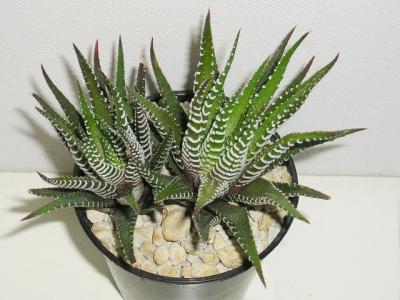
Hawthornia used from the very first visible symptoms, limits the growth of an umbilical hernia.
- The Shepherd is an herb whose medicinal properties are known to reduce inflammation and relieve pain. In the form of a paste, it is indicated to use externally (on a hernia) to relieve symptoms.

This herb can also be taken internally to strengthen the abdominal wall.
- Chamomile (herbal tea): it is an herb whose virtues soothe the mucosa of the digestive zone, thus inhibiting the production of gastric acid.
In addition to being a powerful anti-inflammatory, chamomile tea is also an excellent antioxidant and has a calming effect on the stomach, it helps to relax the stomach wall. In this way, it is good for inflammations and stomach pains. It helps you prevent swelling and relieves intense abdominal pain caused by a hernia but also to treat heartburn caused by hernia. It also relaxes the muscles of the digestive system.
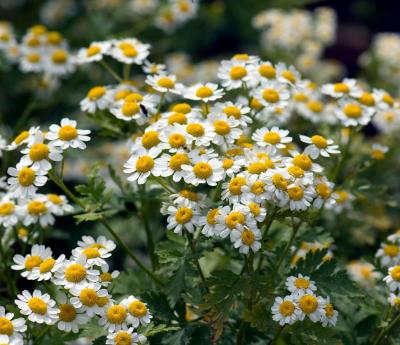
Preparation and use
Add a tablespoon of dried chamomile to a glass of hot water and wait about 10 minutes.
Drink this hot tea twice a day for a month (or longer if necessary).
If pain and swelling become important, consult your doctor.
If you have a stomach ache and want to relax your stomach, drink cinnamon tea after meals. But remember that not all cinnamon sticks are the same, so try to find natural and high quality cinnamon sticks.
Add half a tablespoon of cinnamon powder to a glass of hot water.
Cover the glass and wait a few minutes.
Drink this tea 2 or 3 times a day (when it is hot).
- A decoction of knotweed, alchemilla and walnut to relieve pain. By applying it to the painful area, then covered with a bandage, the patient is relieved.
- Clay is one of the oldest existing remedies. For centuries, clay has been applied to many pathologies to soothe and relieve inflammation naturally. This is what this study conducted by the Autonomous Metropolitan University of Mexico reveals.
Clay is very beneficial because, while absorbing water and toxins, it brings a wide variety of minerals through the pores of the skin. Simply mix it with water or other liquid, then apply it to the skin. Let dry long enough, then remove with water. It should not be reused as it absorbs toxins.
- Vinegar, especially apple cider vinegar, is a food that regulates pH, activates circulation and reduces inflammation, according to research conducted by the Malaysian Agricultural Research and Development Institute. Therefore, when applied to the skin, it promotes healing of the wound.
Apple cider vinegar is effective in relieving pain caused by gastric hernia due to its anti-inflammatory properties.
It is an excellent source of antioxidants and anti-inflammatories used in the treatment of various diseases. Since it reduces the burning sensation, it can help you relieve symptoms such as heartburn.
So how does apple cider vinegar show this effect?
After all, apple cider vinegar is an acidic liquid. You may find it hard to believe, but apple cider vinegar alkalizes the body. Thus, it neutralizes the acid caused by the hernia.
Preparation and use
To prepare this mixture, add 2 teaspoons of pure apple cider vinegar to a glass of warm water and stir.
Then add a teaspoon of 100% pure organic honey to this mixture and drink a glass on an empty stomach every day.
- Cabbage is a vegetable that hides a great number of health properties. Among them, we will remember its anti-inflammatory virtues, present in this research of the University of Duisburg-Essen (Germany). It helps to calm discomfort and inflammation, such as those caused by a hernia.
To benefit from its healing power, we must make it easy to extract its phytonutrients. To do this, crush or blanch the leaves, or prepare a juice that can be applied as a poultice. If you combine it with its consumption, you multiply its healing properties.
The quantities of this home remedy for hernias will depend on the size of the area affected by the inflammation. You can vary the quantities as long as you respect the proportions indicated in the recipe.
Ingredients
5 tablespoons of clay powder (100 g).
2 tablespoons of vinegar (30 ml).
1 glass of water (200 ml).
2 or 3 cabbage leaves.
Preparation and application
Umbilical hernias cause strong pain.
In addition to a pharmacological treatment, this natural remedy can help relieve the symptoms during a painful crisis.
Mix clay, vinegar and water. Use glass or ceramic utensils and containers, but not plastic or metal ones, so as not to remove the properties of the clay.
You will obtain a creamy mass ready to be applied. If it is too liquid, add a little clay. If it is too solid, add water.
When you are about to use the remedy, blanch the cabbage leaves. This means placing them in boiling water for a few seconds.
Apply this remedy to the entire inflamed area. Place the blanched cabbage leaves on top, being careful not to burn yourself.
Leave it on for half an hour or until the clay dries.
You can repeat the application two or three times a day until you notice an improvement.
- Aloe Vera juice
Aloe vera is a plant with incredible medicinal properties. In addition to being an effective antioxidant, it also contains anti-inflammatory and antibacterial properties. This plant is also good for the stomach; it forms a protective layer to cure heartburn, one of the symptoms of a hernia.
Preparation and use
To prepare this wonderful home remedy, cut 2 of the thick leaves from your aloe vera plant. Wash the leaves you cut off and separate the thorny parts.
Remove the colorless gel inside by squeezing it from the end.
Add the gel you have removed to half a glass of water and blend it with a blender.
Drink half a glass of this mixture once a day on an empty stomach. Continue to drink this mixture as long as you feel it is necessary.
- Dried ginger roots
Ginger maintains healthy intestinal flora, helps the body digest fat and relaxes the digestive system. There is no natural ingredient as effective as ginger in reducing abdominal pain and inflammation. We recommend that you make it liquid and eat it.
You can eat the roots after boiling the ginger. You can also consume raw ginger to maintain the overall health of your stomach and reduce pain. However, this plant has a strong taste, so keep that in mind. Ginger prevents the buildup of acidic stomach juices, so it protects your stomach and esophagus.
- Bandage with a large coin
For newborns, you can bandage a large coin.
You wrap the coin in a bandage and tie it around the child's belly button. The coin should not be in contact with the child's skin. Change the band after each bath. You do this until the hernia is completely gone.
When to seek medical attention
If you suspect a hernia, do not be alarmed. Seek medical attention and in the meantime, avoid straining, sitting up, heavy lifting, bending and movements that increase discomfort or pain.
In most cases, surgery will be required, which comes in two forms: open surgery or laparoscopy. For the operation to close the opening and place a mesh to support the organs and tissues, local anesthesia and sedation, or periodic blocking, are required.
Tips to avoid umbilical hernia
Prevention of umbilical hernia includes avoiding obesity and maintaining a healthy weight, avoiding situations that promote abdominal distension such as physical overexertion, constipation, chronic coughing or frequent Valsalva maneuvers (using force with the abdomen to hold air without exhaling), and performing targeted exercises to tone the abdominal wall.
Preventive measures to avoid hernias are:
- Using proper lifting techniques
- Lose weight if you are overweight.
- Avoid carrying heavy loads
- Avoiding strenuous exercise
- Treating constipation because it increases intra-abdominal pressure, especially during pushing efforts
- Be careful with unusual physical efforts (carrying heavy loads, weight training...)
- Relieve or avoid constipation by eating foods containing fiber, drinking fluids regularly and going to the bathroom as soon as you feel like it.
- Exercise regularly
- Men should see a doctor if they have difficulty urinating, as this can be a symptom of an enlarged prostate.
